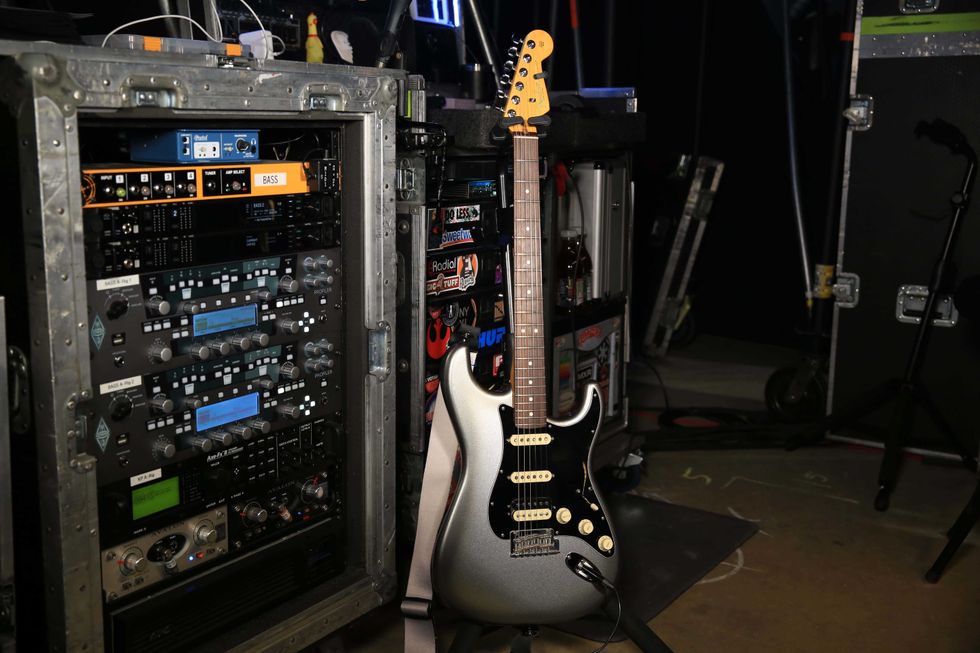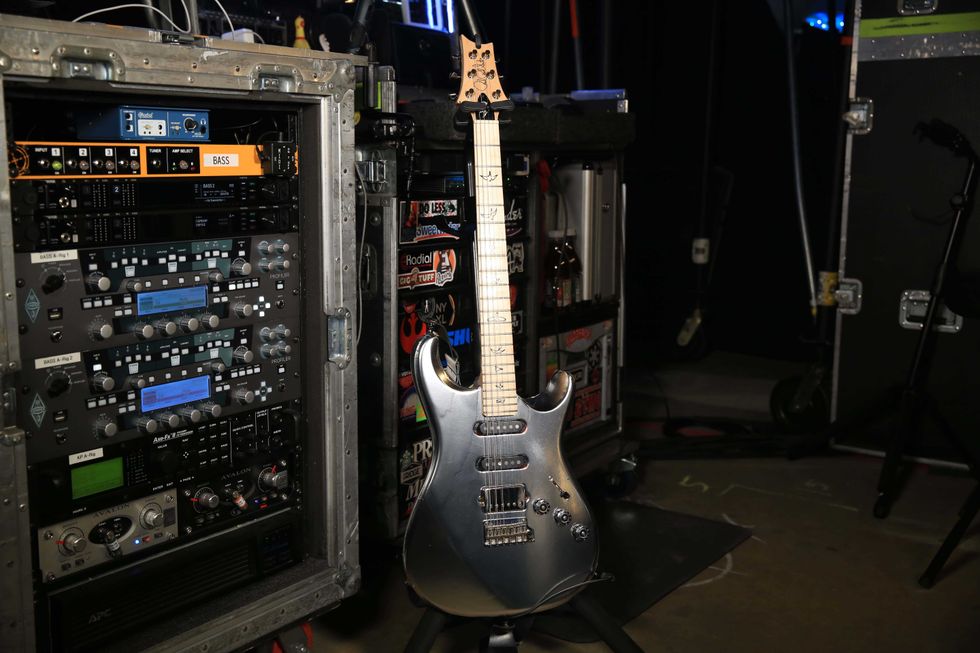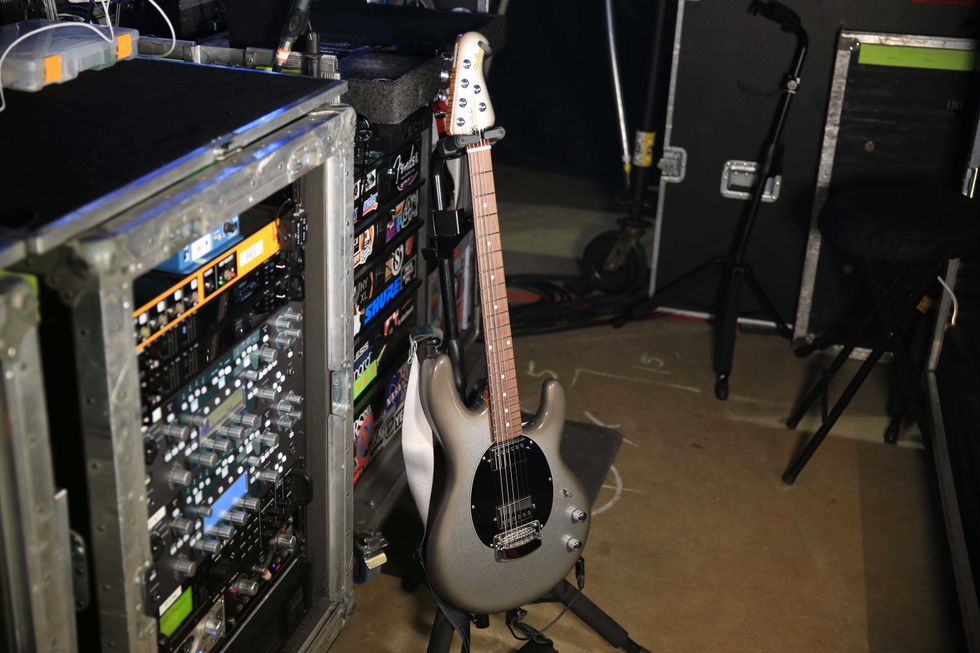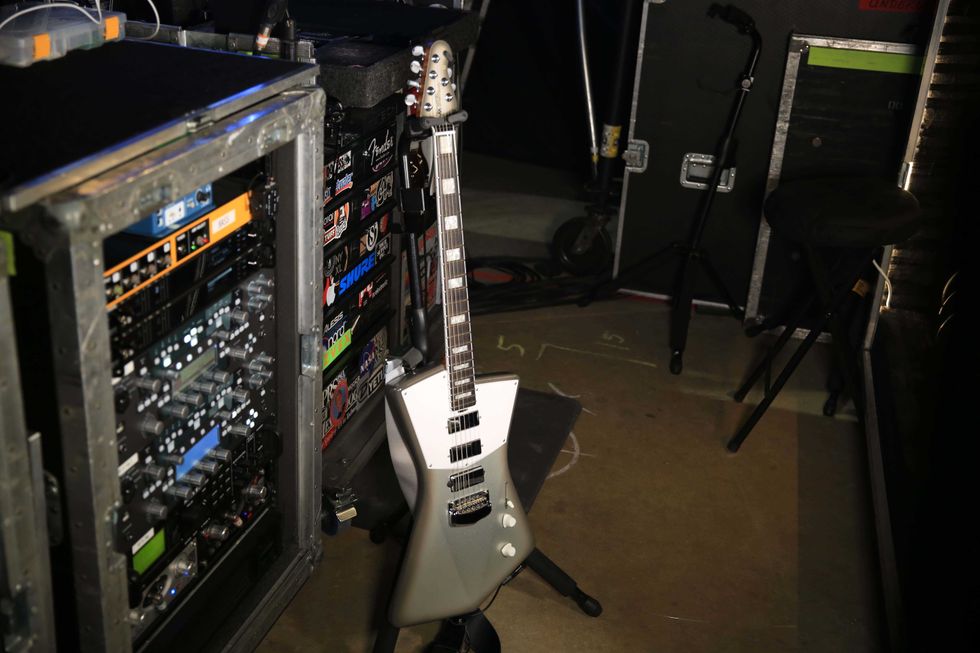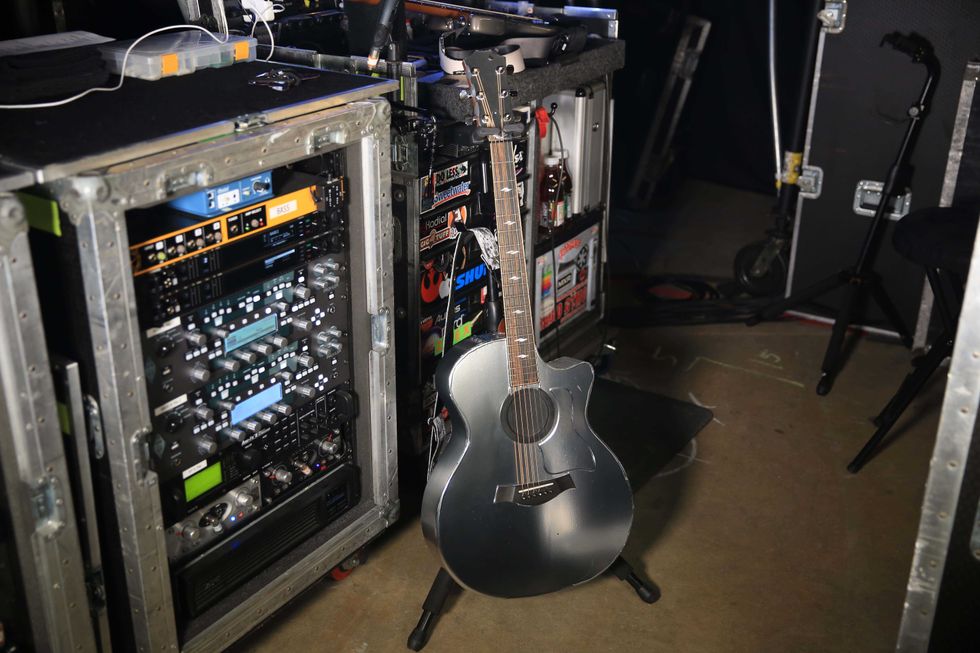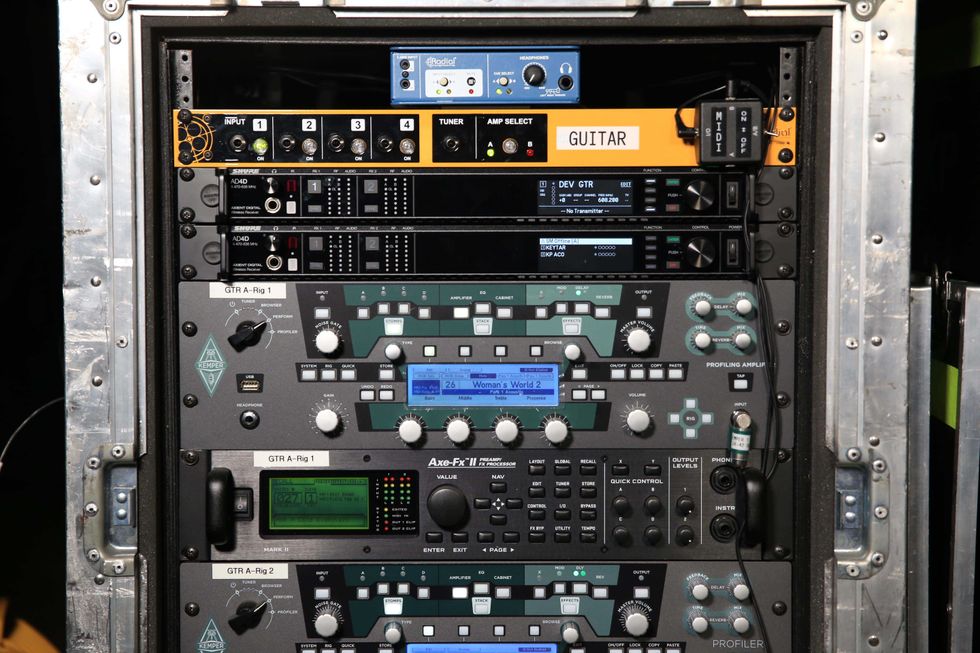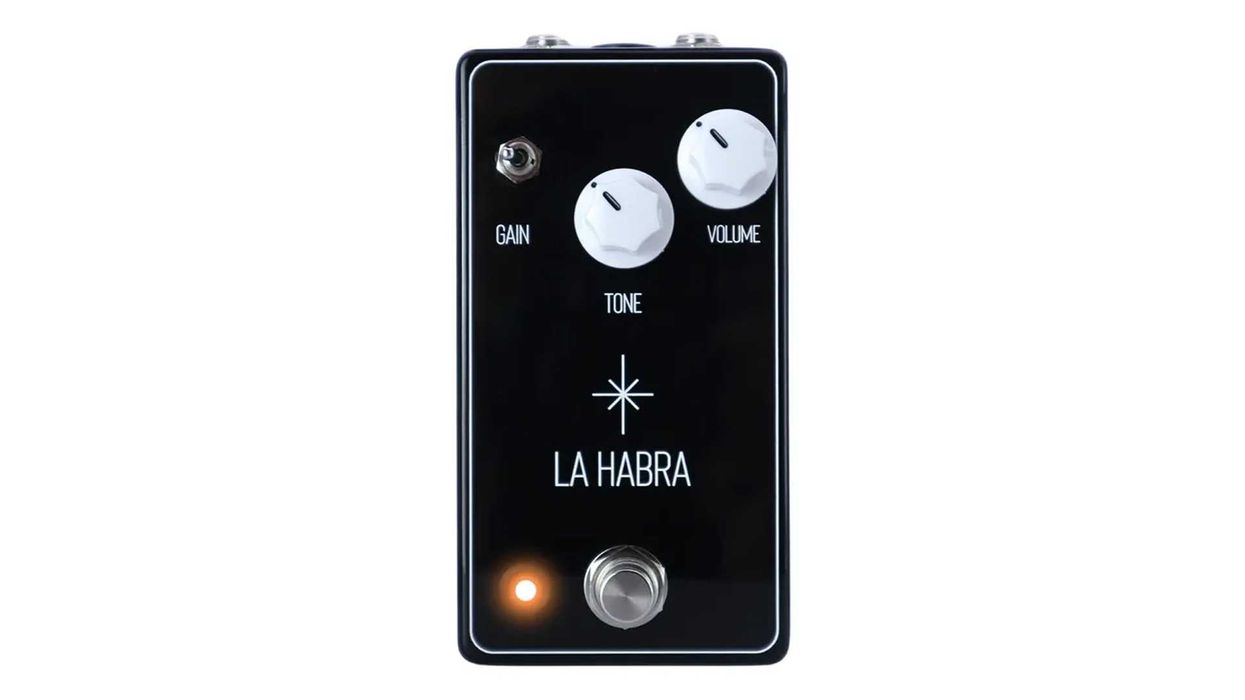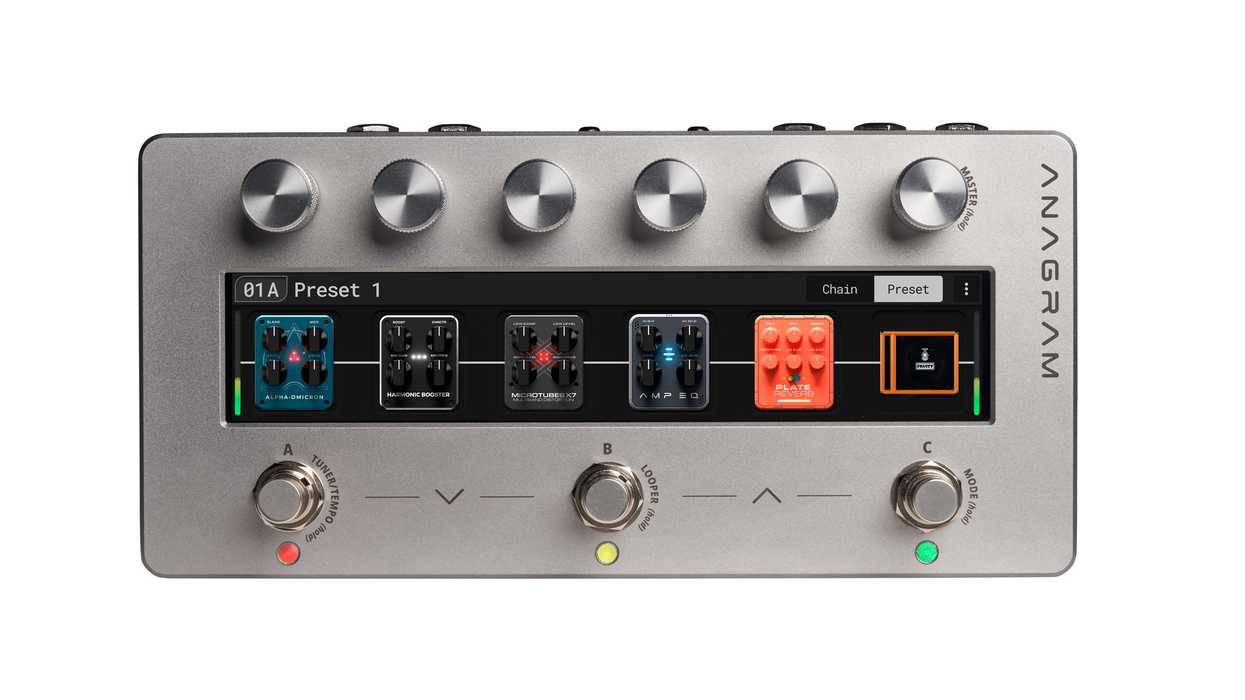What do you get when you combine inspiration from the classics, futuristic minimalism, über-precise craftsmanship, and ultra-high-end materials and components? This is Premier Guitar, so we’re not talking about an upscale furniture design house in Denmark. We’re talking about TAO Guitars and their out-of-this-world instruments that would be just as at home in the MoMA as they are in the hands of players like Billy Gibbons.
Belgian luthiers Serge Michiels and John Joveniaux met about nine years ago in Brussels, when Joveniaux, fresh out of luthier school in France, joined Michiels in the workshop of another builder. It wasn’t long before the two realized they had a lot in common insofar as musical tastes and design matters, and decided to strike out on their own by setting up a workshop out of Joveniaux’s apartment. A good omen for their future, TAO’s very first client was Belgium’s most well-known jazz guitarist, Philip Catherine.
One look at any of the duo’s instruments and it’s immediately apparent that a driving force for them is to push boundaries in design while searching out the perfect blend of form and function. It’s no surprise that Michiels cites Ulrich Teuffel as the builder that’s had the biggest impact on his work, citing “Teuffel’s willingness to create something different and stand for it, not to mention the fact that he’s one of the nicest guys around.” Joveniaux calls out Teuffel a great inspiration for his work as well, but also mentioned his respect for Claudio Pagelli’s “endless great ideas on designs.”
As sleek and modern looking as TAO’s offerings are, the luthiers take a decidedly traditional approach. “We try to keep the job the old way—just routers, rasps, scrapers, a little bit of sanding, and a lot of elbow oil,” says Michiels. “We like to have this special relationship with every instrument we make, so everything is crafted by hand by the two of us—even some of the metal parts.” Early on, they modified existing parts because they often couldn’t find what they needed on the market. They shopped around for someone to craft proprietary parts, but according to Michiels, they couldn’t find anyone that could do the job how they wanted, so they and had no choice but to craft certain hardware parts themselves. “We’re so picky and demanding when it comes to guitar building that it would be a real nightmare for someone else to try and integrate into our duo,” says Michiels.
When it comes to electronics, TAO prefers the elegant simplicity of vintage-style pickups and controls. Most of TAO guitars are outfitted with 3-position selectors, CTS pots, and Russian new-old-stock paper-in-oil capacitors. Custom-wound Bare Knuckle or David Barfuss pickups are standard, but Vintage Lab pickups from Stephens Design are an available upgrade. “Dave Stephens just appears to have that same sick pickiness that we have,” muses Michiels. “He just nailed that magic, vintage-harmonic richness, so we propose his pickups as the top-end option for each of our various models.”
While design is important to Michiels and Joveniaux, the “main thing” is the sound. “We have worked a great deal around tone, playability, and comfort, and all the choices we make concerning crafting methods, woods, parts, and pickups are made in order to put what we call our ‘Sonic DNA’ into our guitars,” says Michiels. “What our customers love about our instruments is their unique voice. And this voice is the result of the love and care we put into every one we make.”
Pricing and Availability
TAO Guitars works closely with customers to perfectly outfit guitars to their individual players, even when an instrument is ordered through Custom Guitar Boutique, TAO’s North American dealer. Since just the two luthiers handcraft everything, they are currently limited to a few instruments a year and not more than 10. The wait time is subject to what’s on the workbench, taking as little as three months for a T-Bucket and up to three times longer for a Phaeton. Pricing is variable according to options, but base prices range from $4,300 for the T-Bucket to $7,000 for the Disco Volante, and all the way up to $24,000 for the Phaeton.

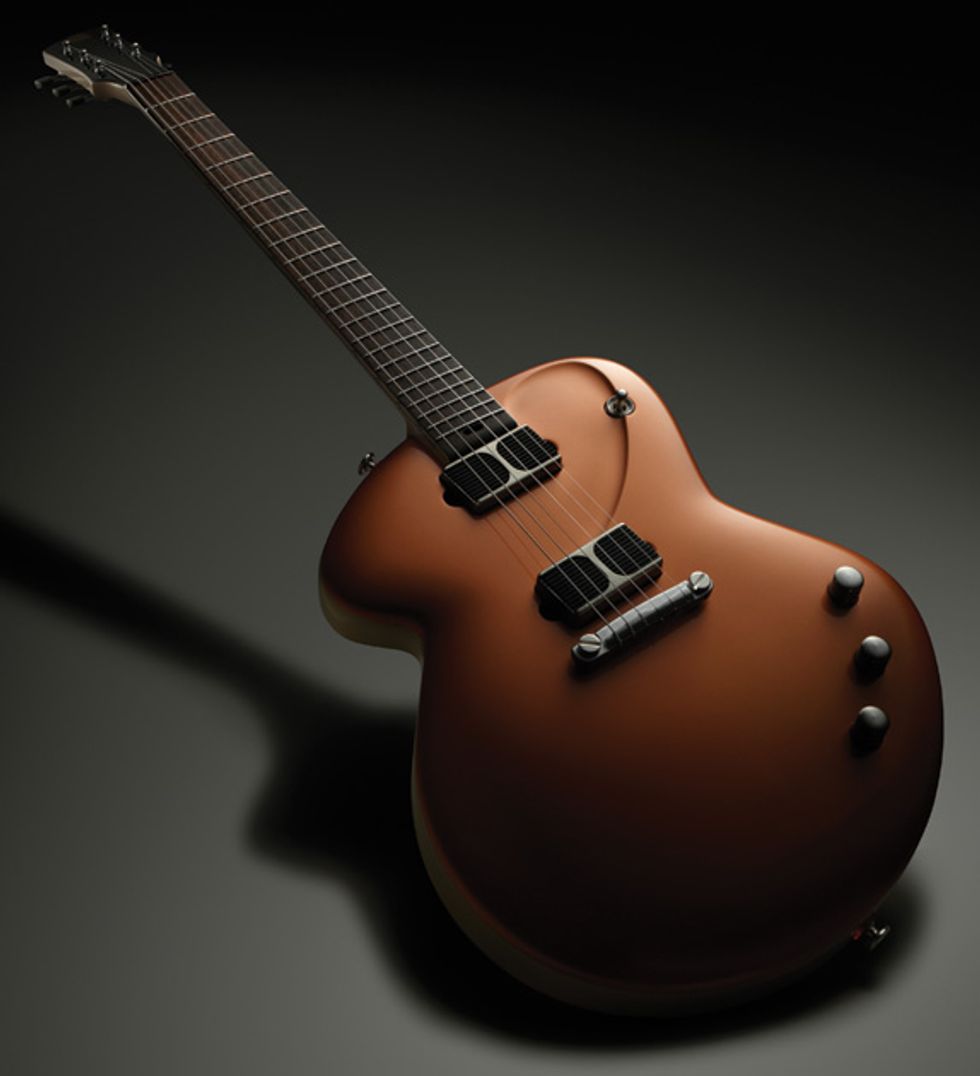
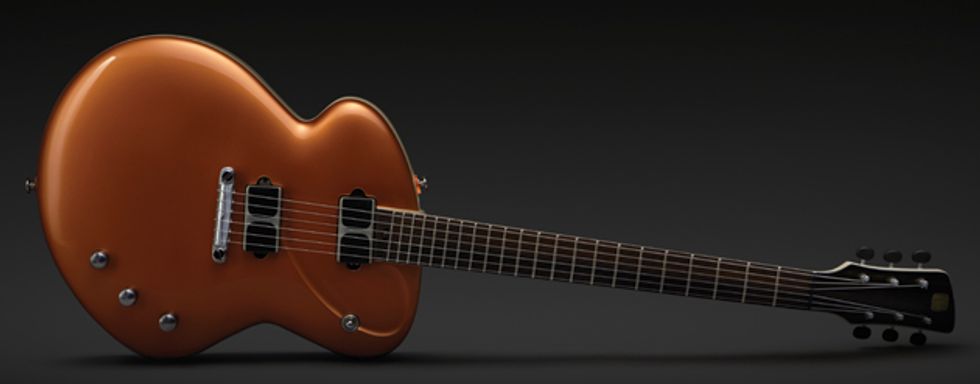
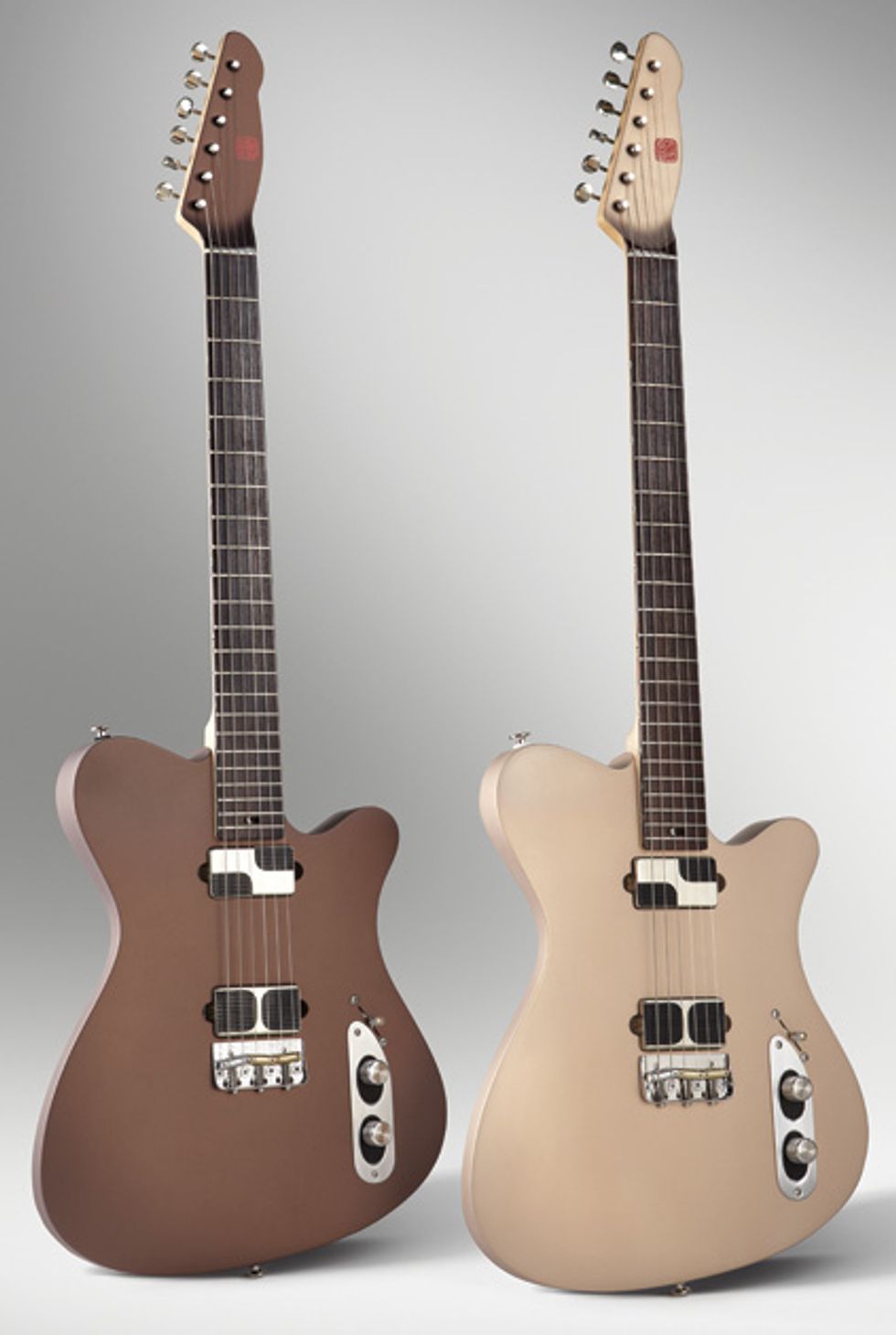
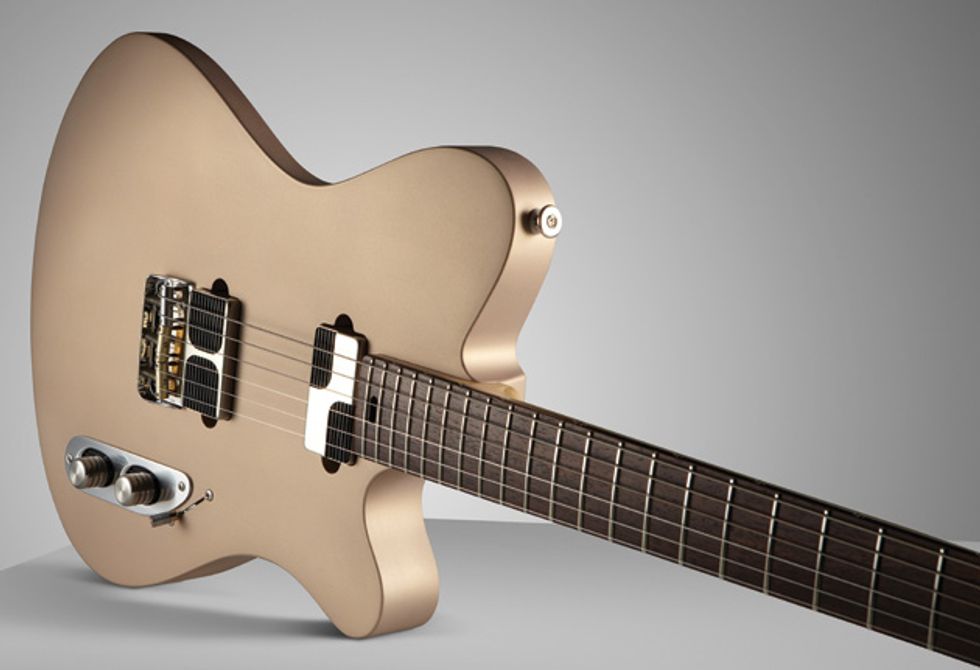
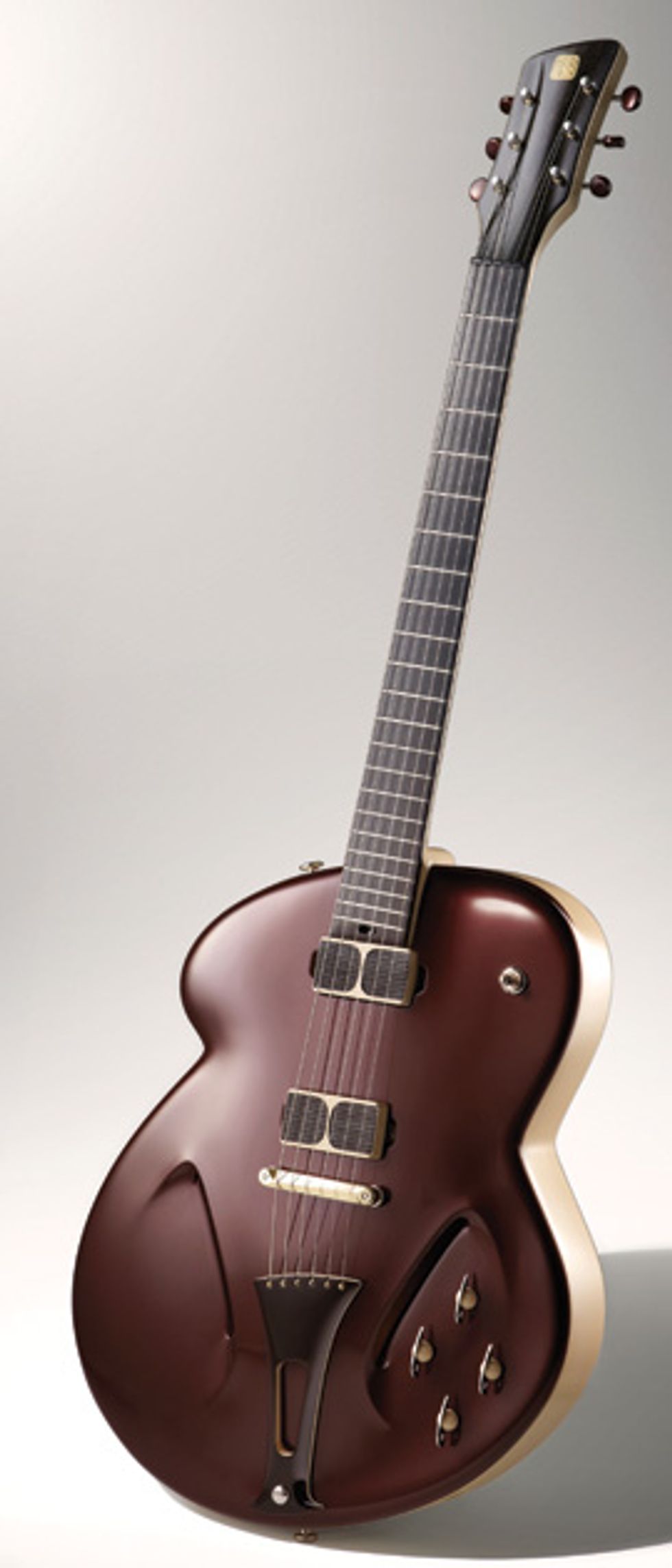
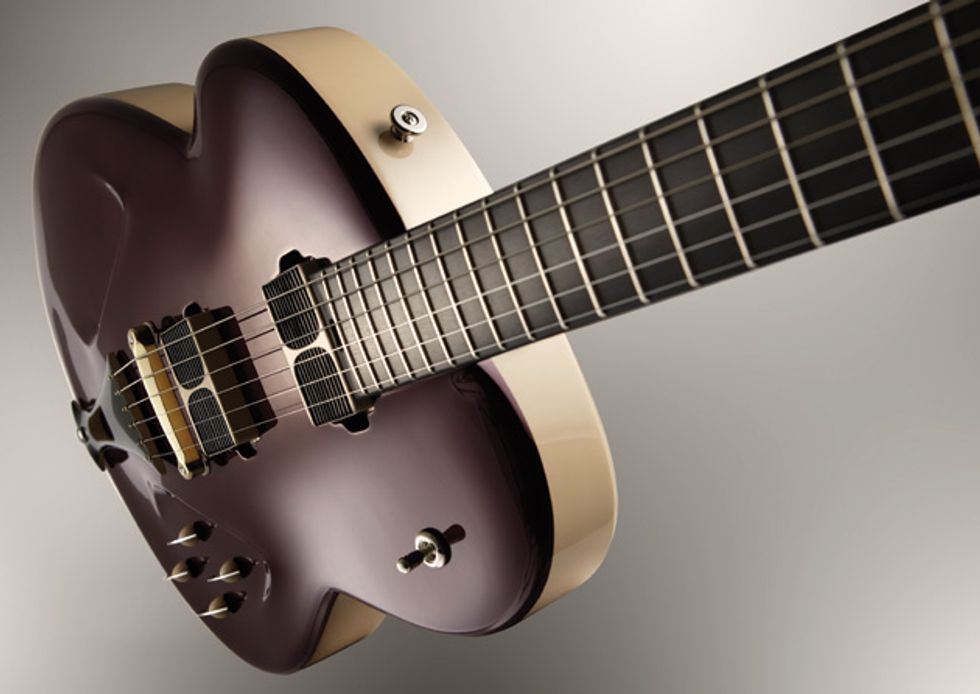
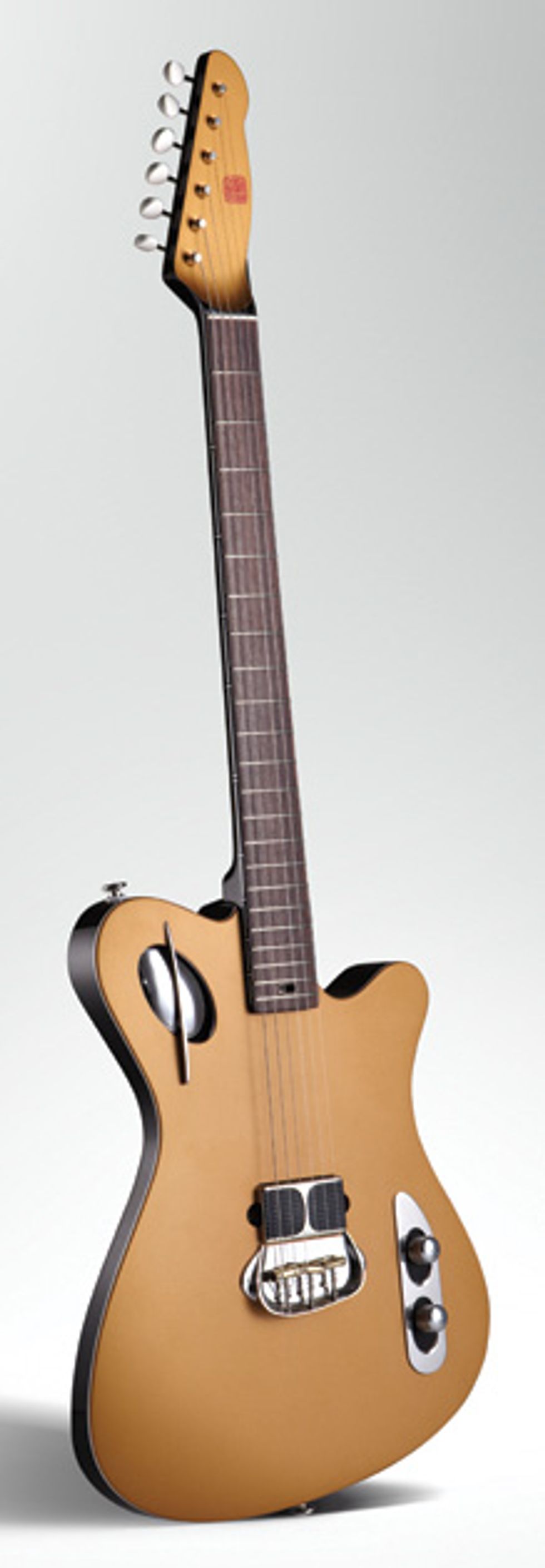





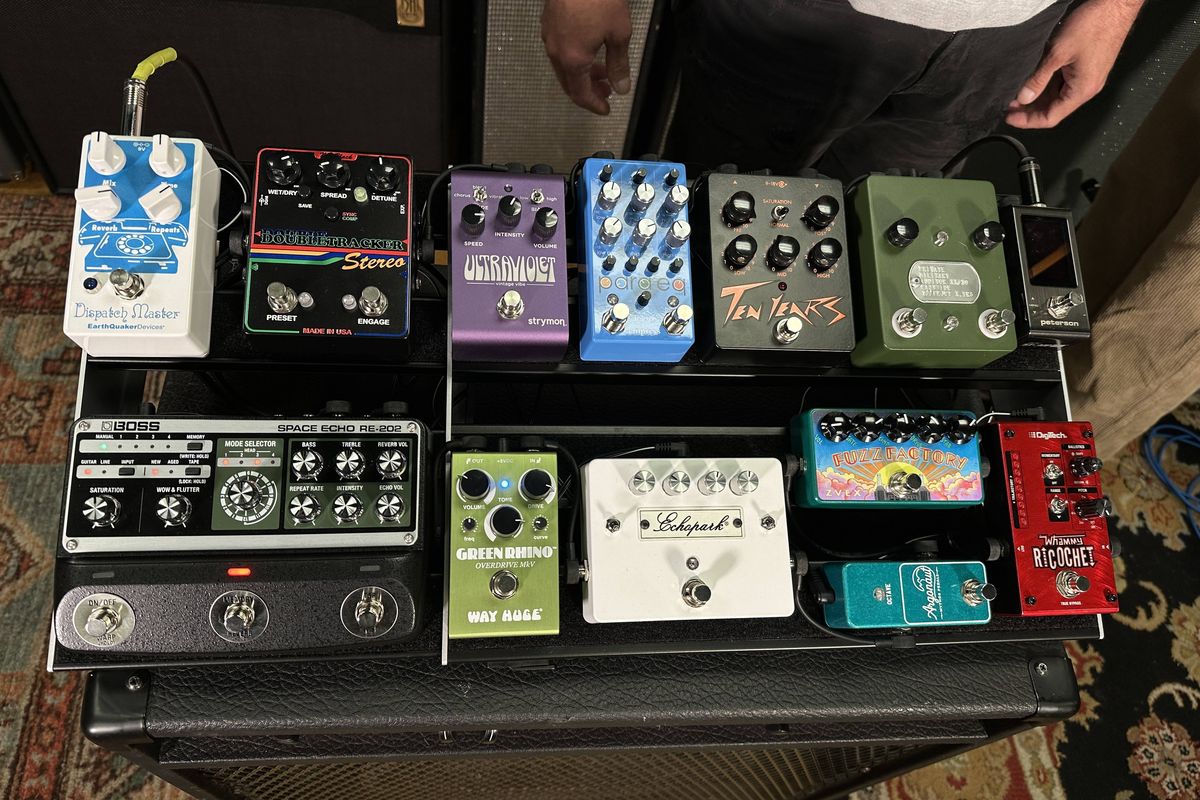
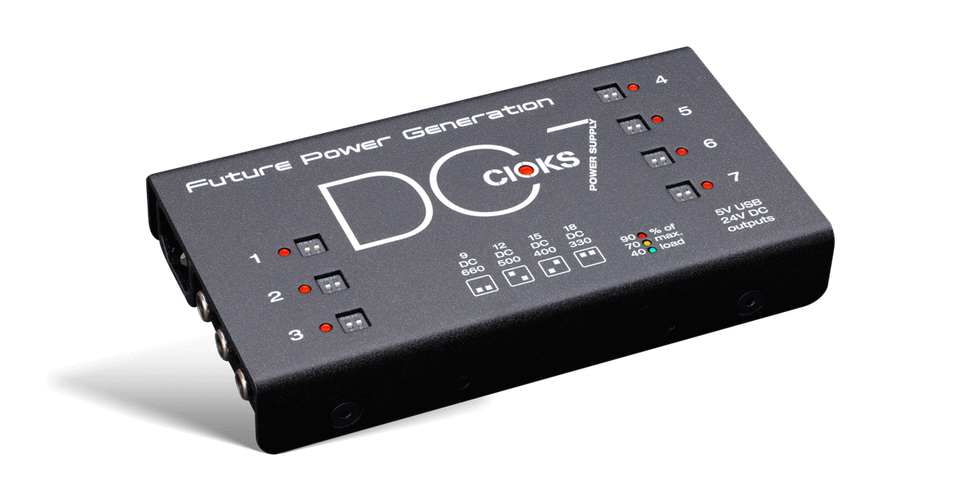
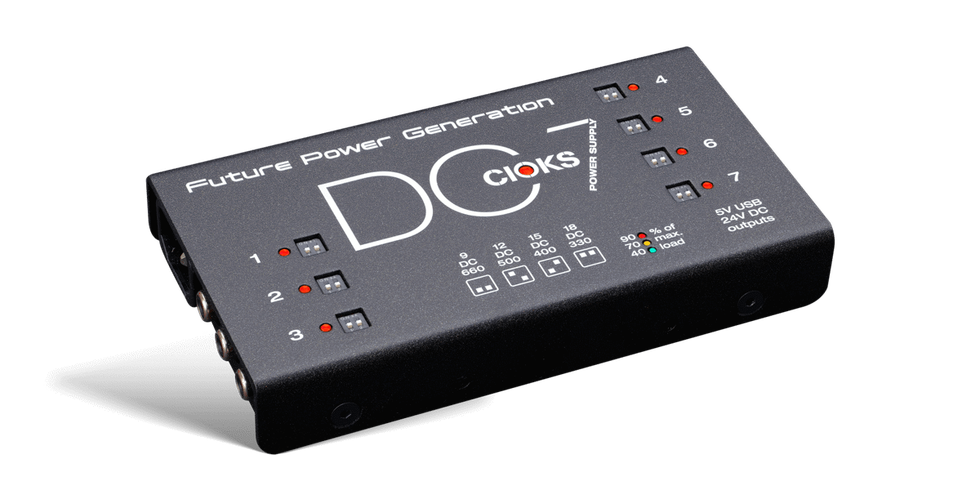
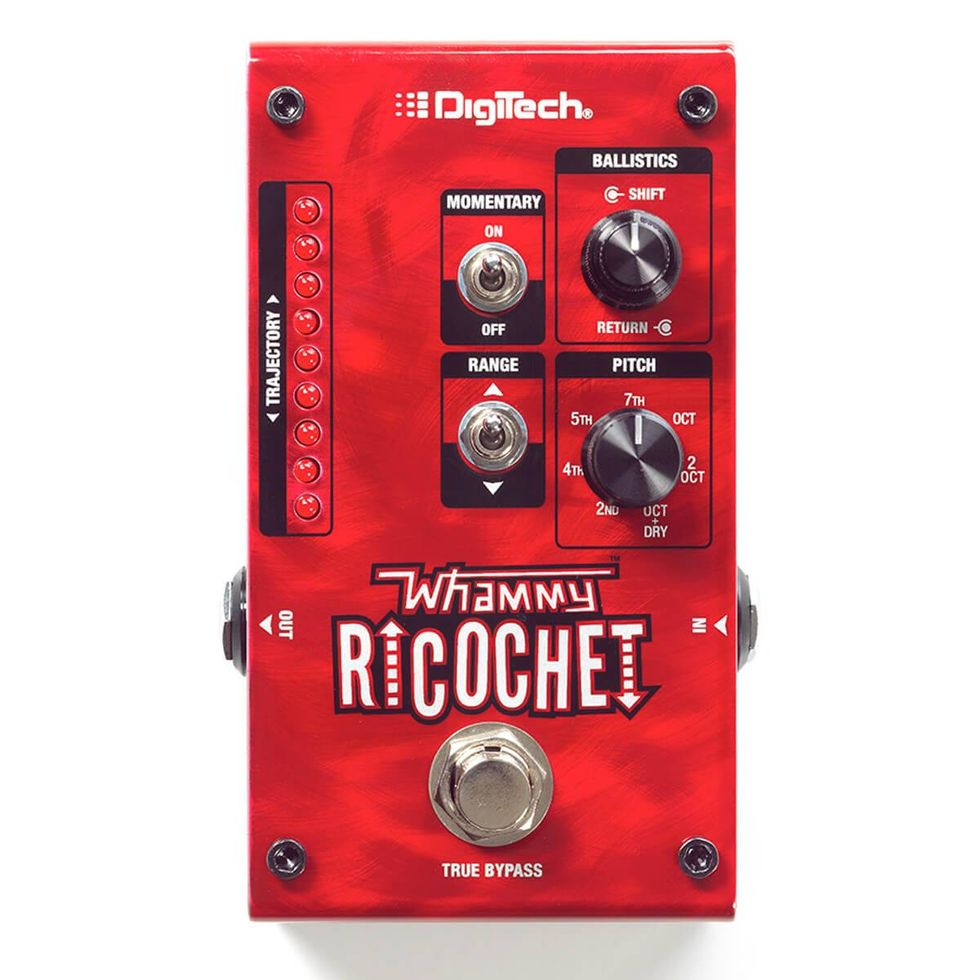
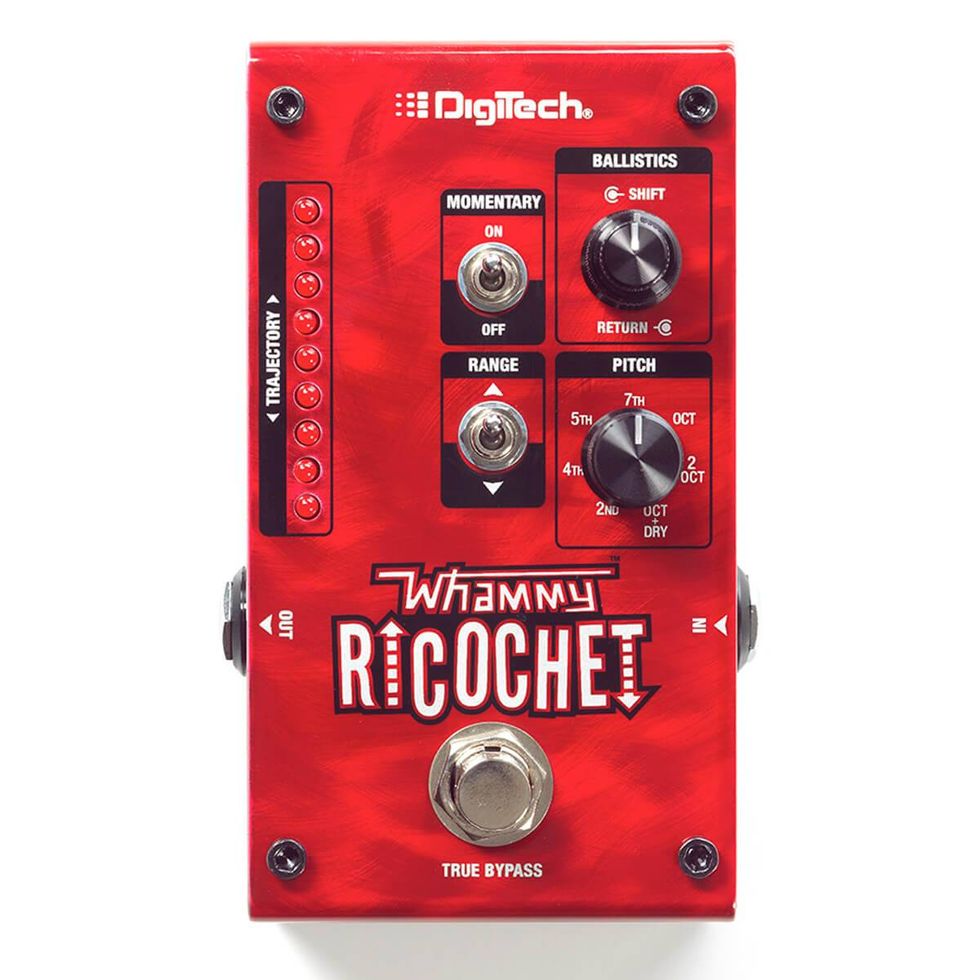
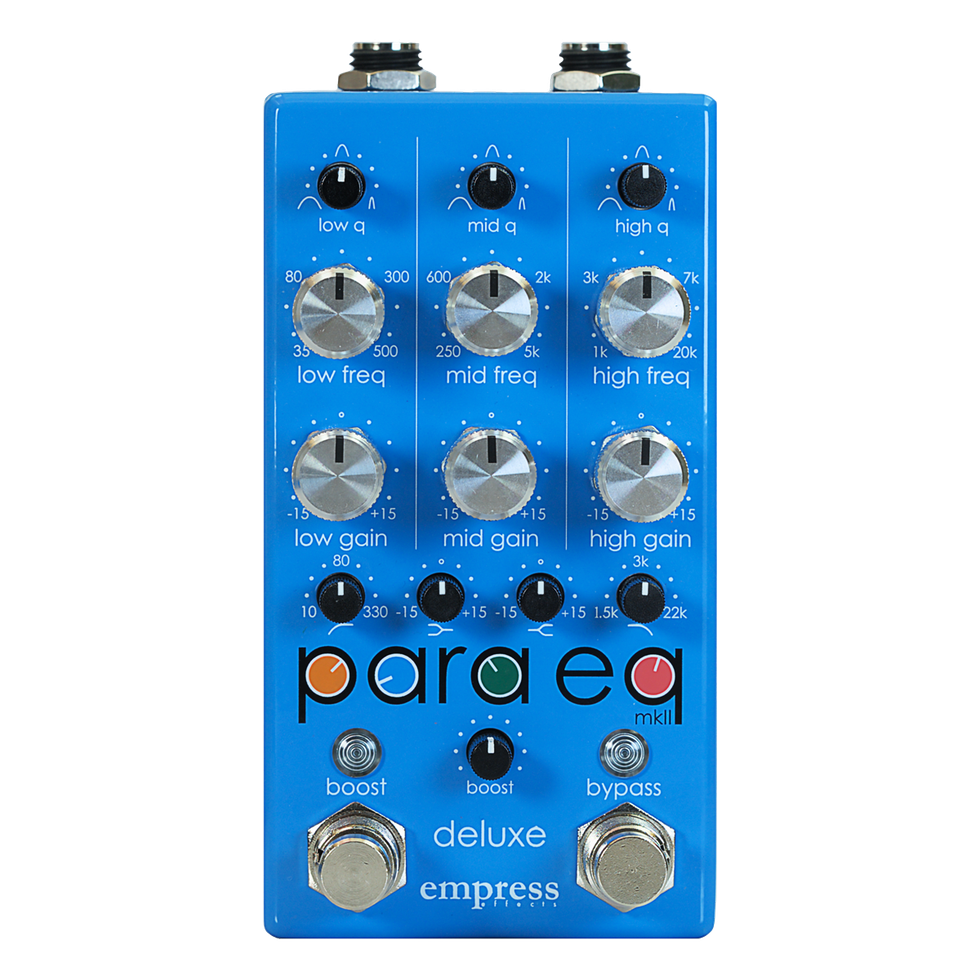
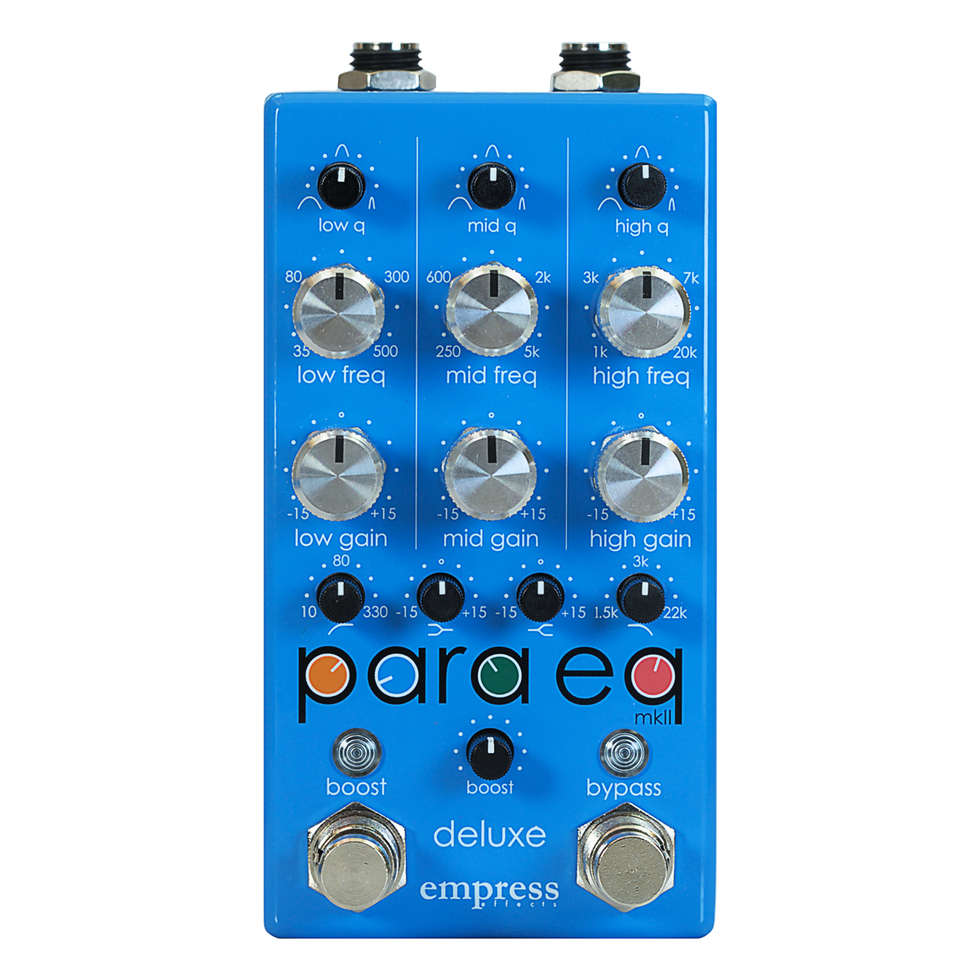
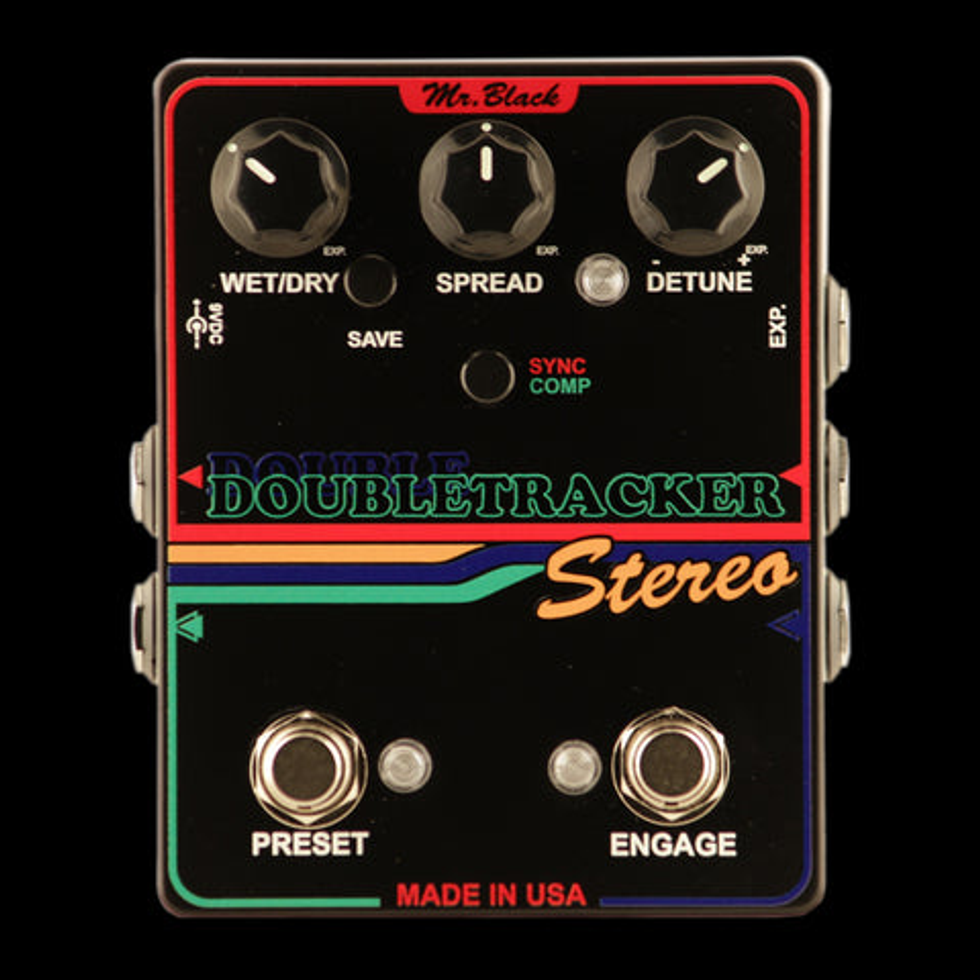
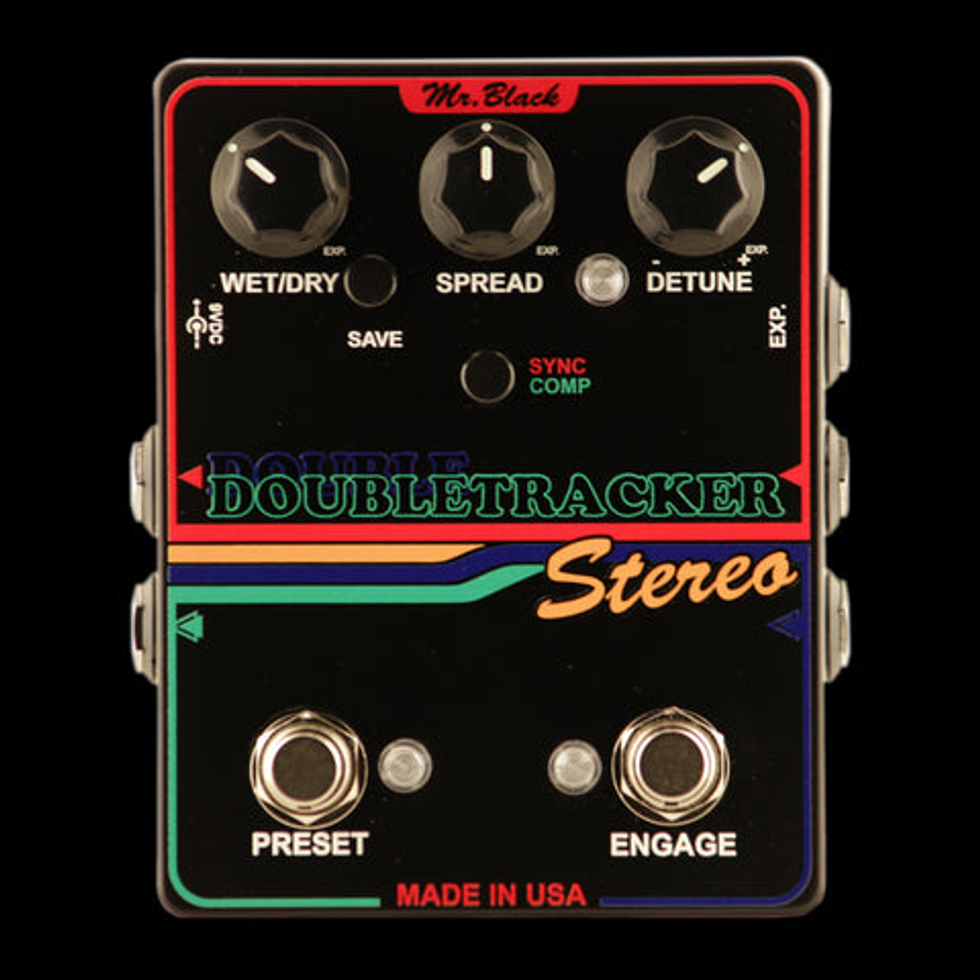
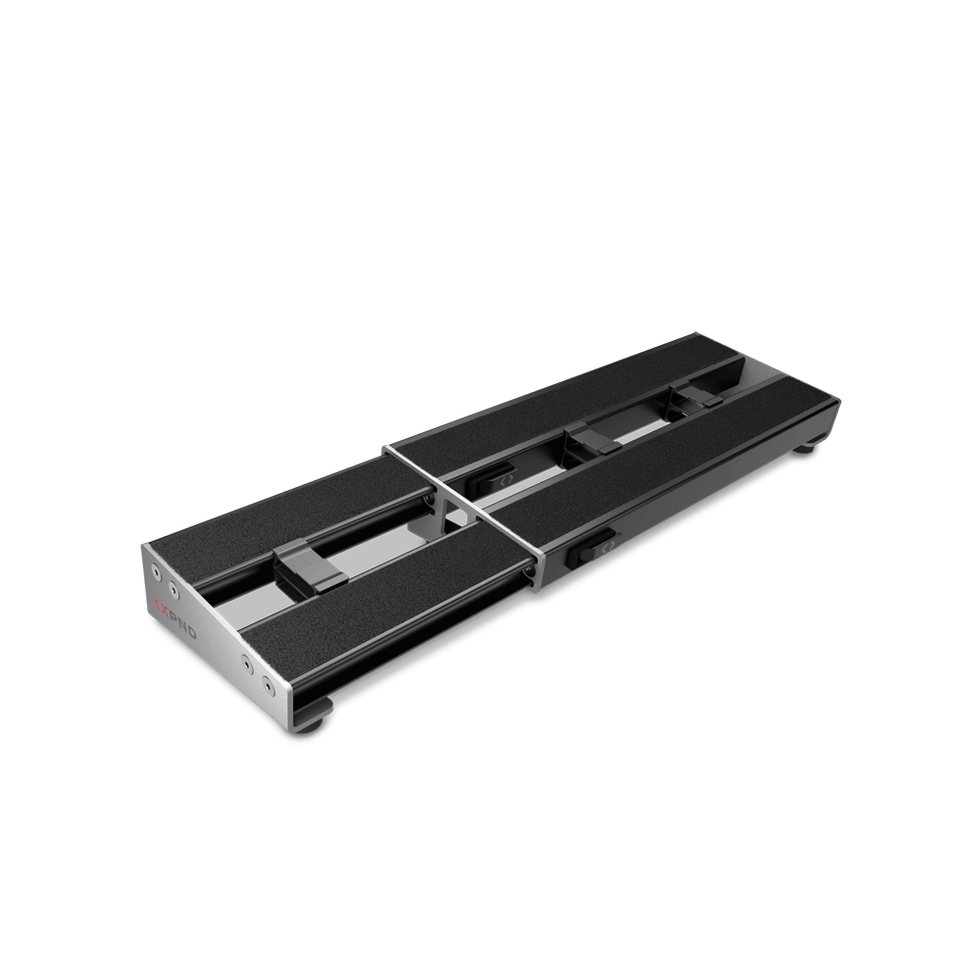
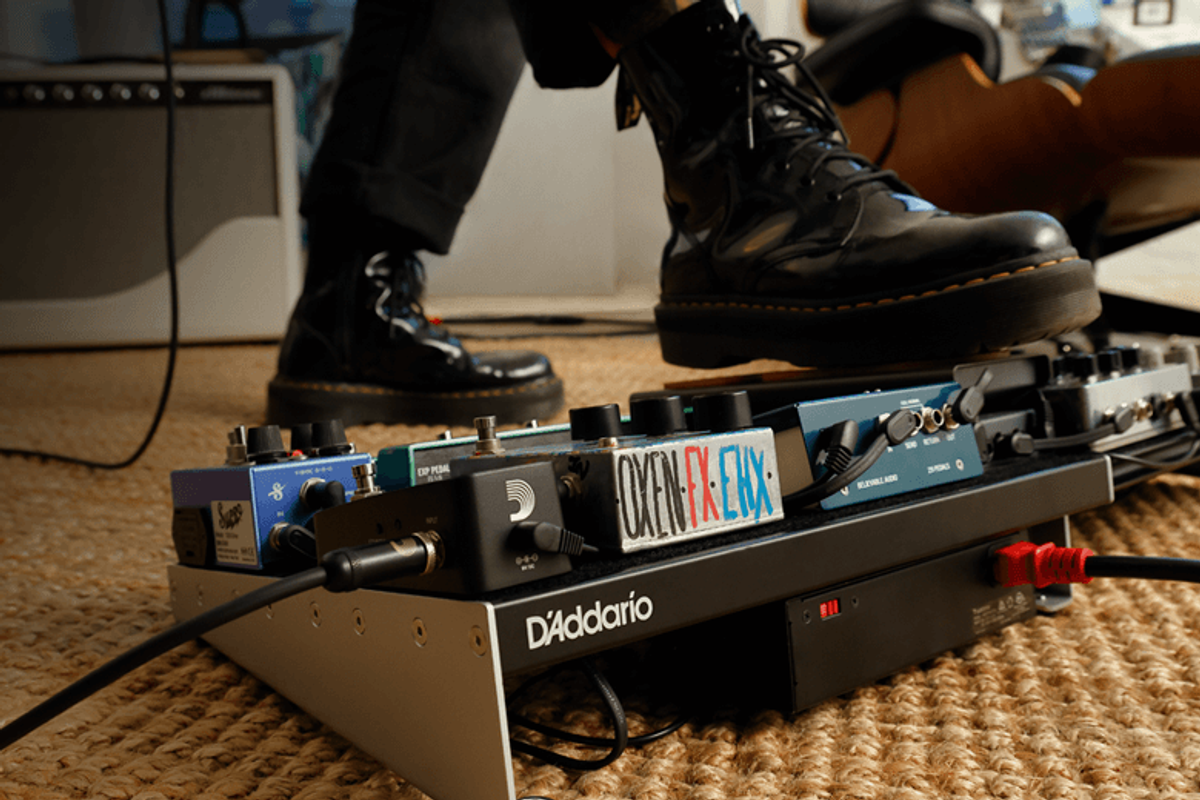
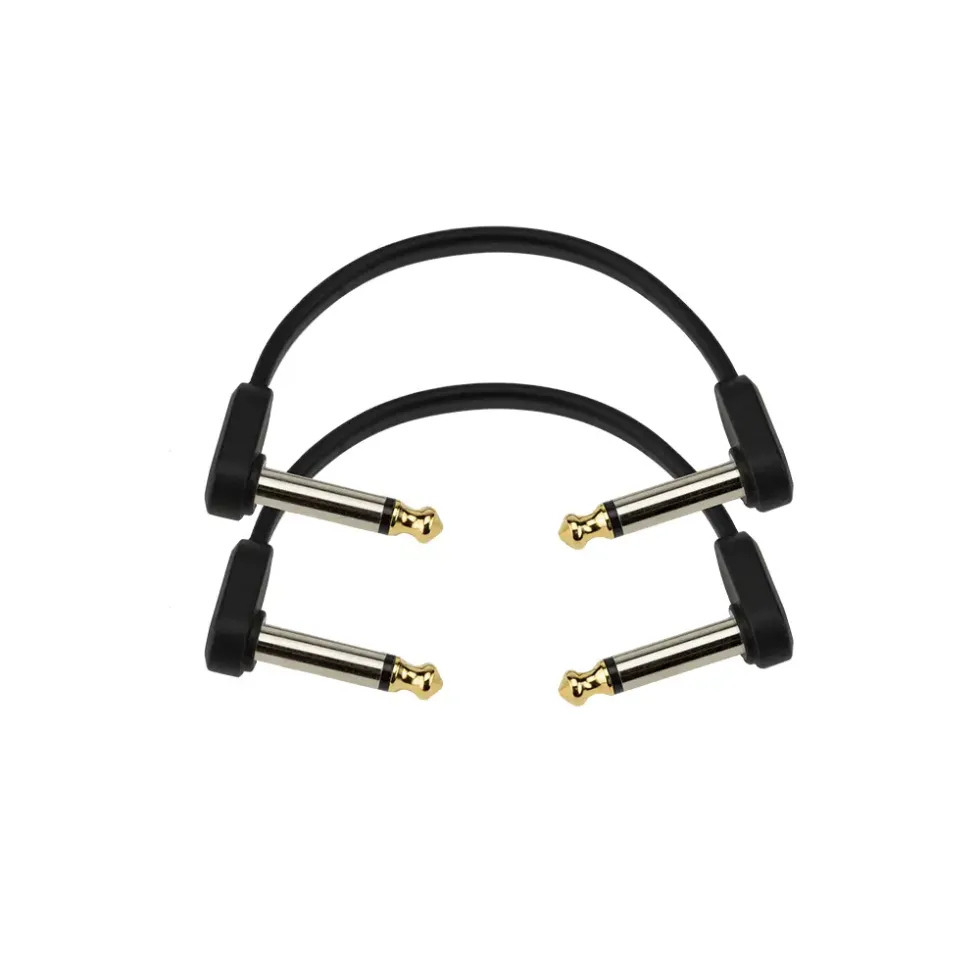
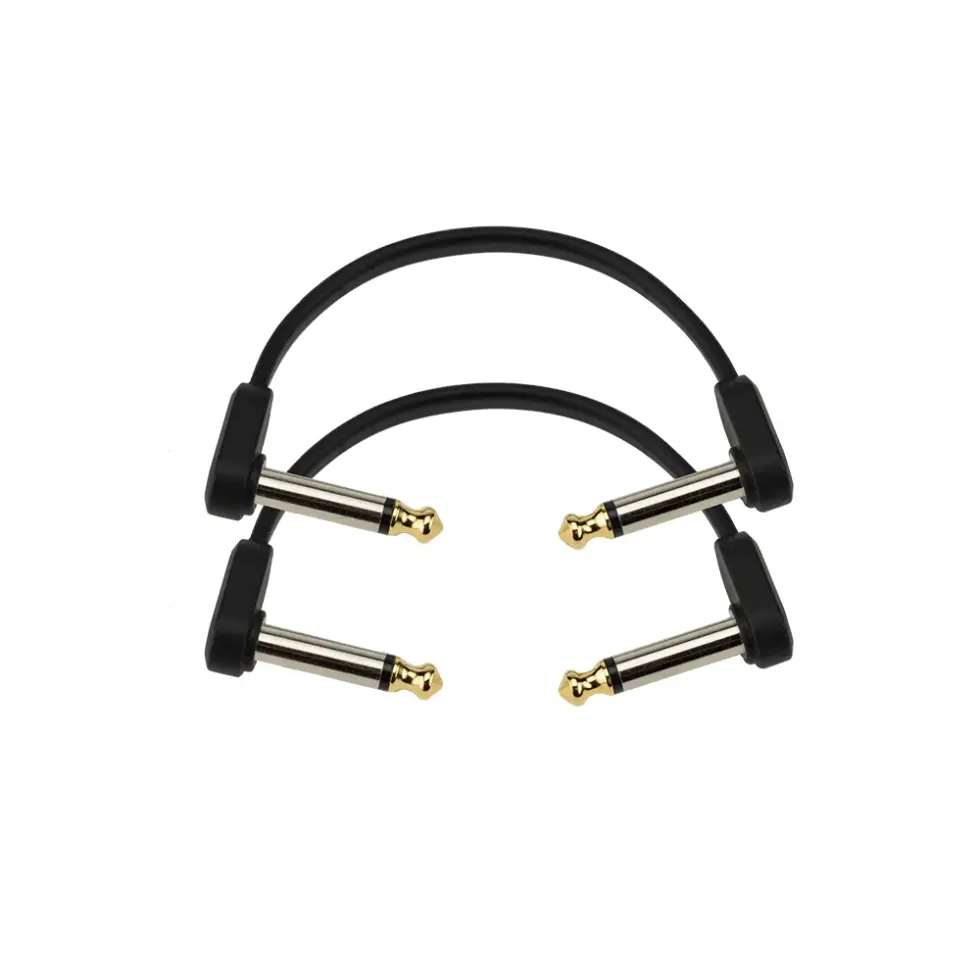
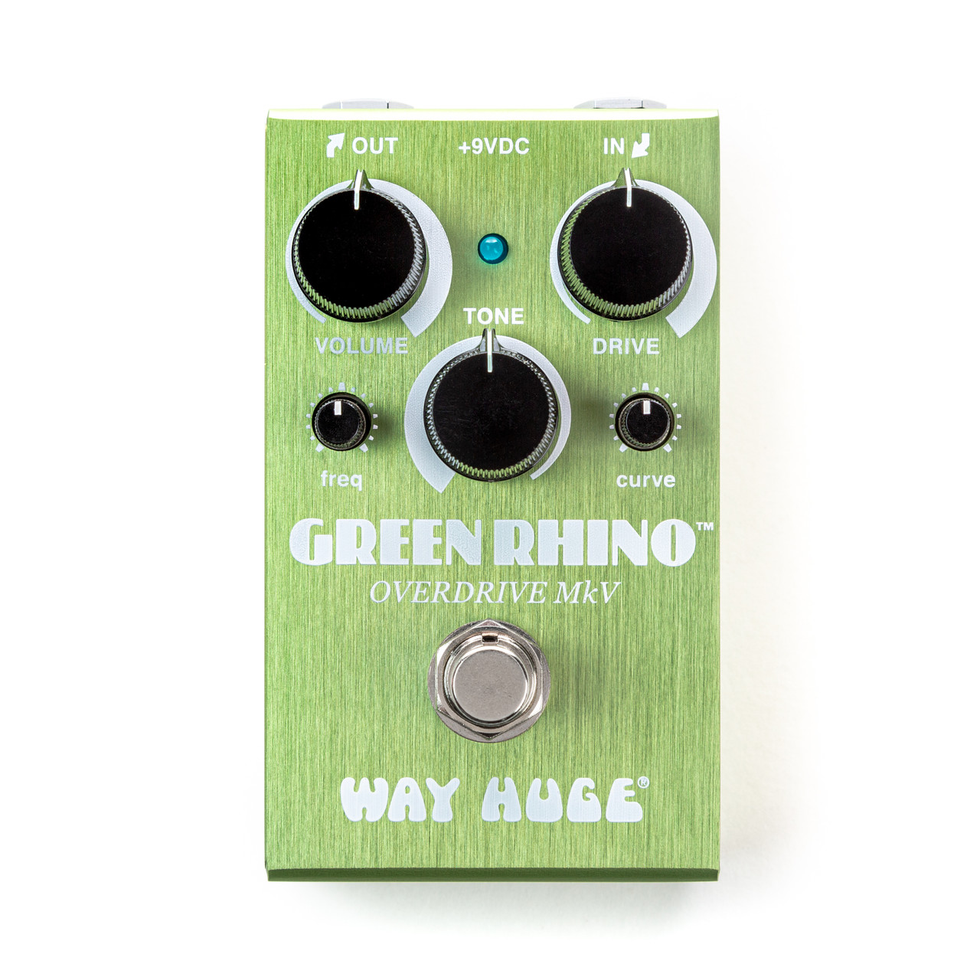
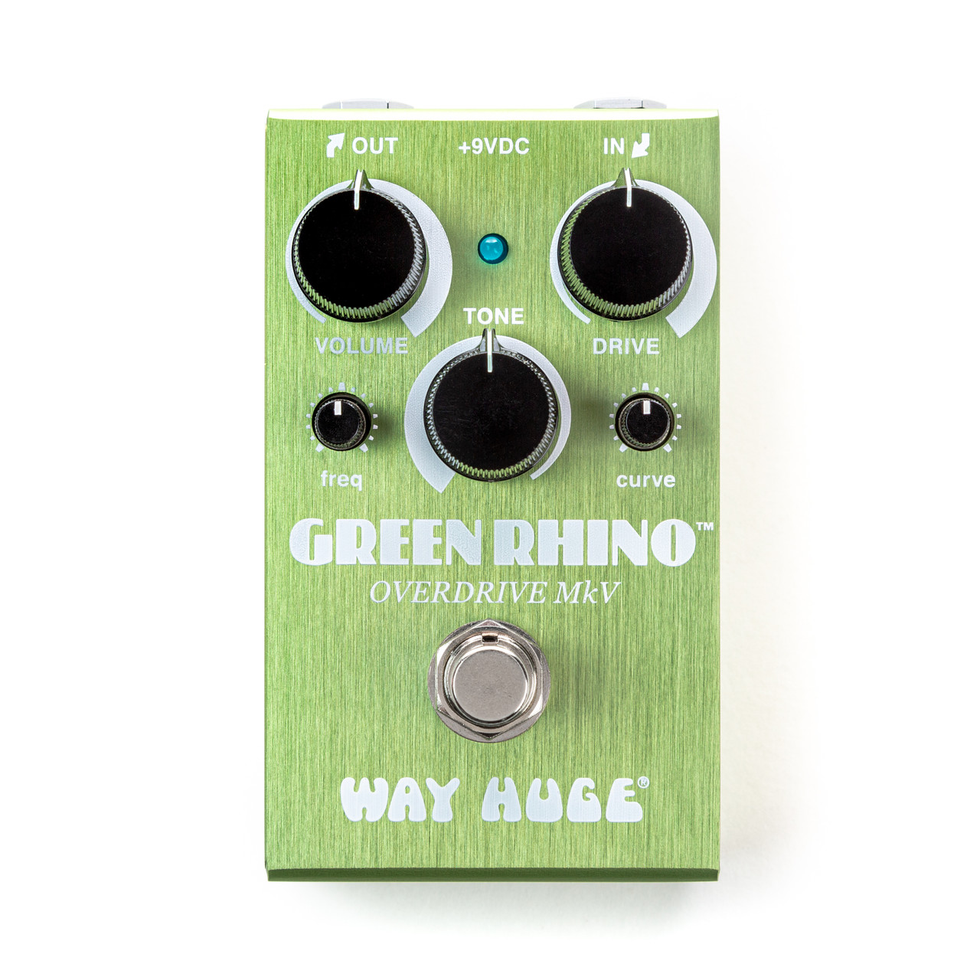
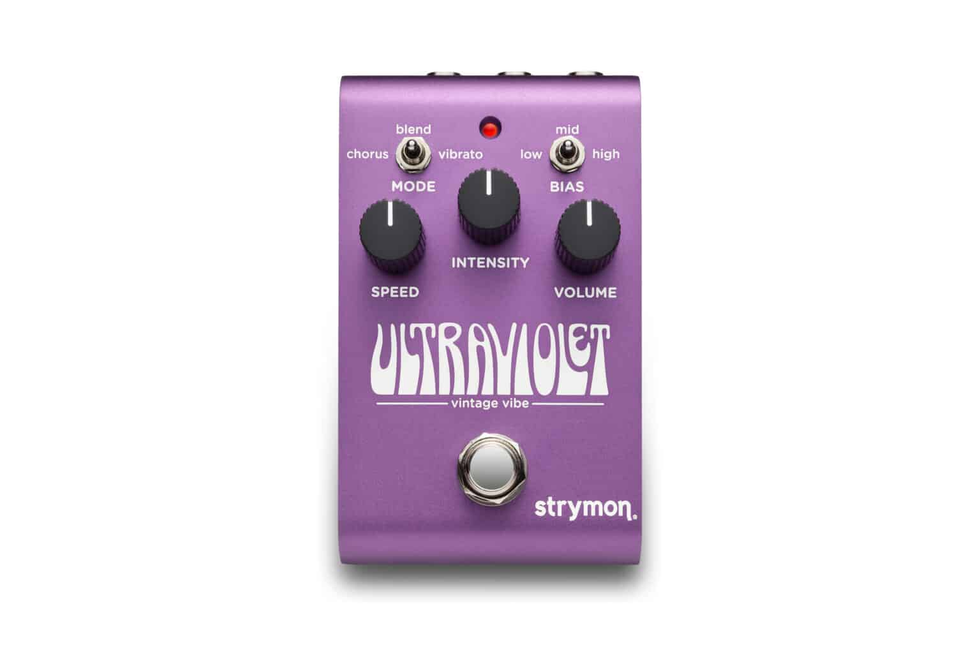
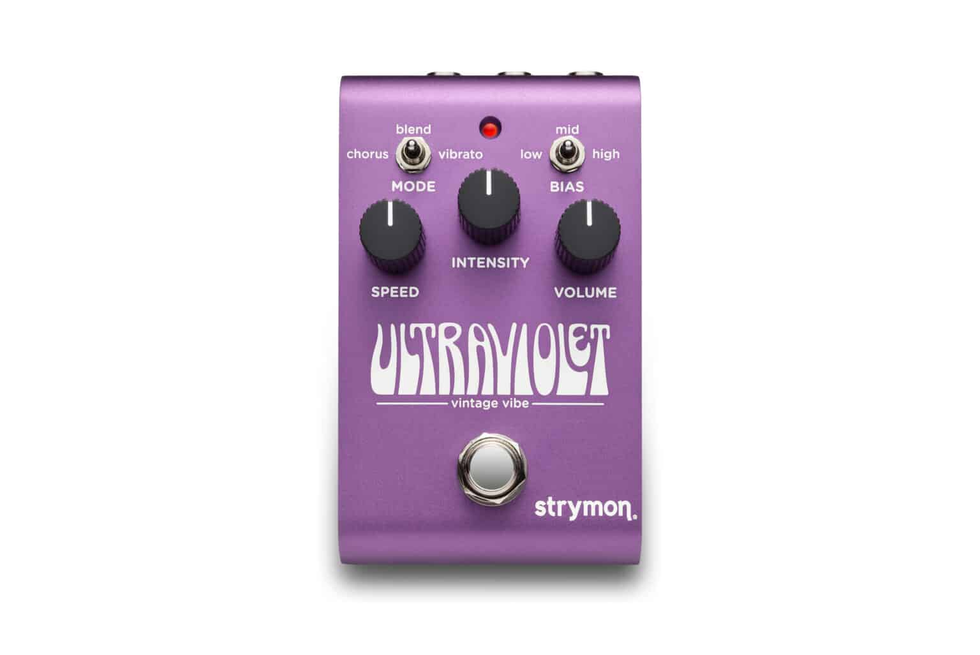
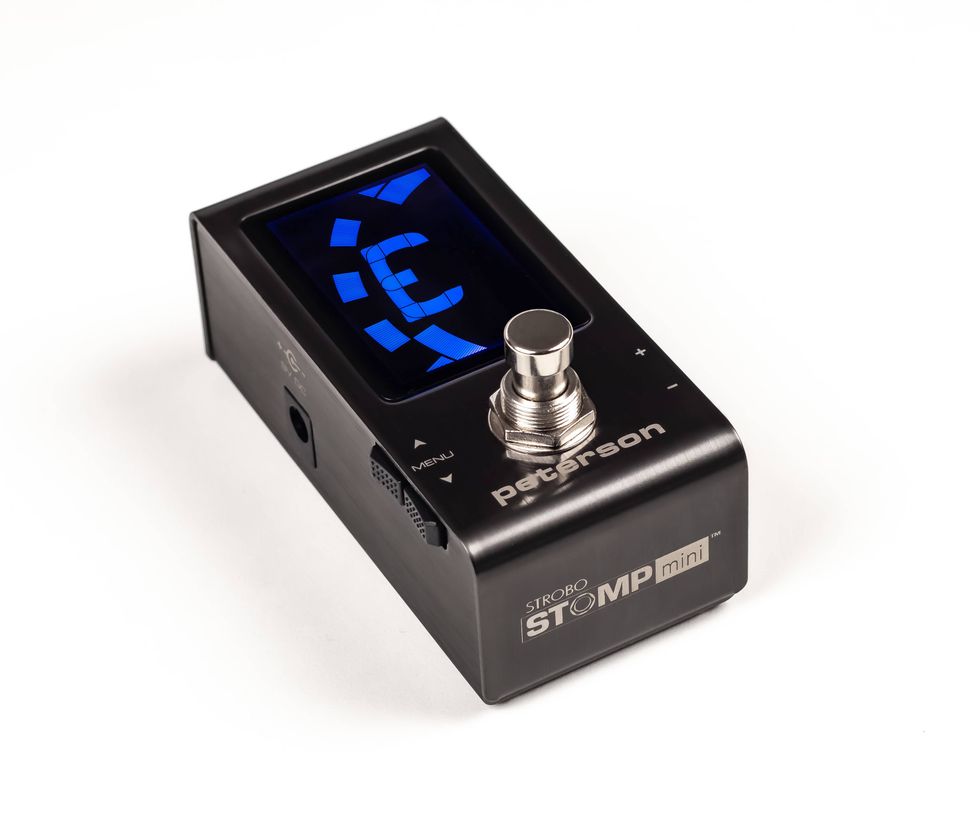
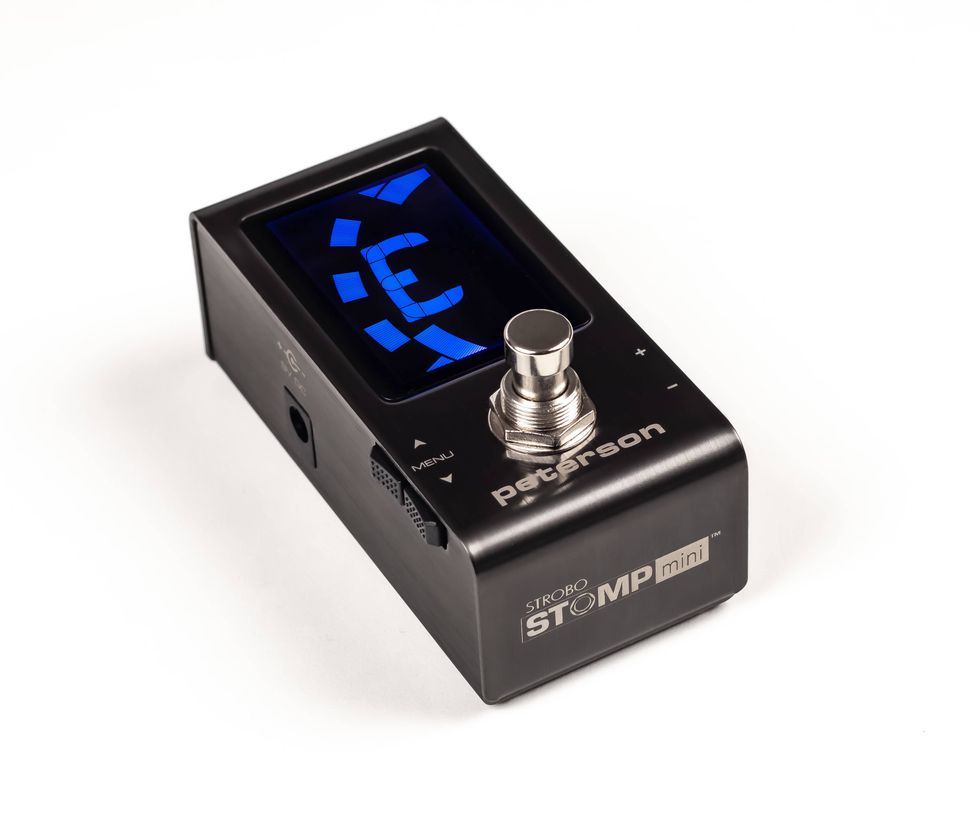
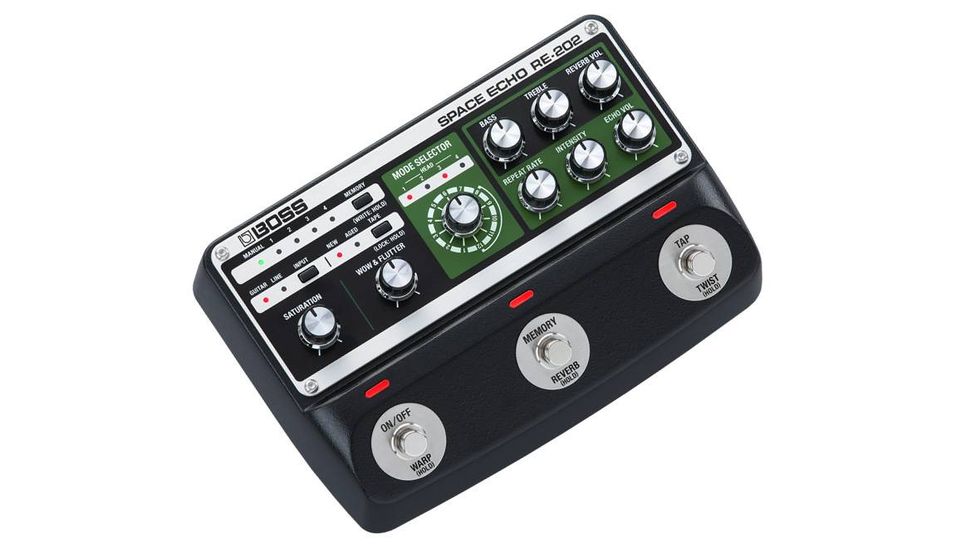
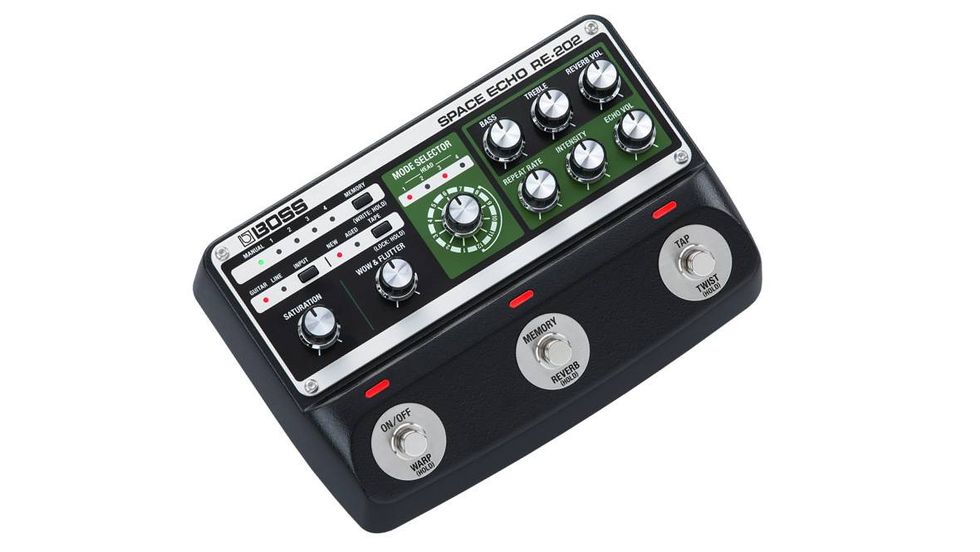
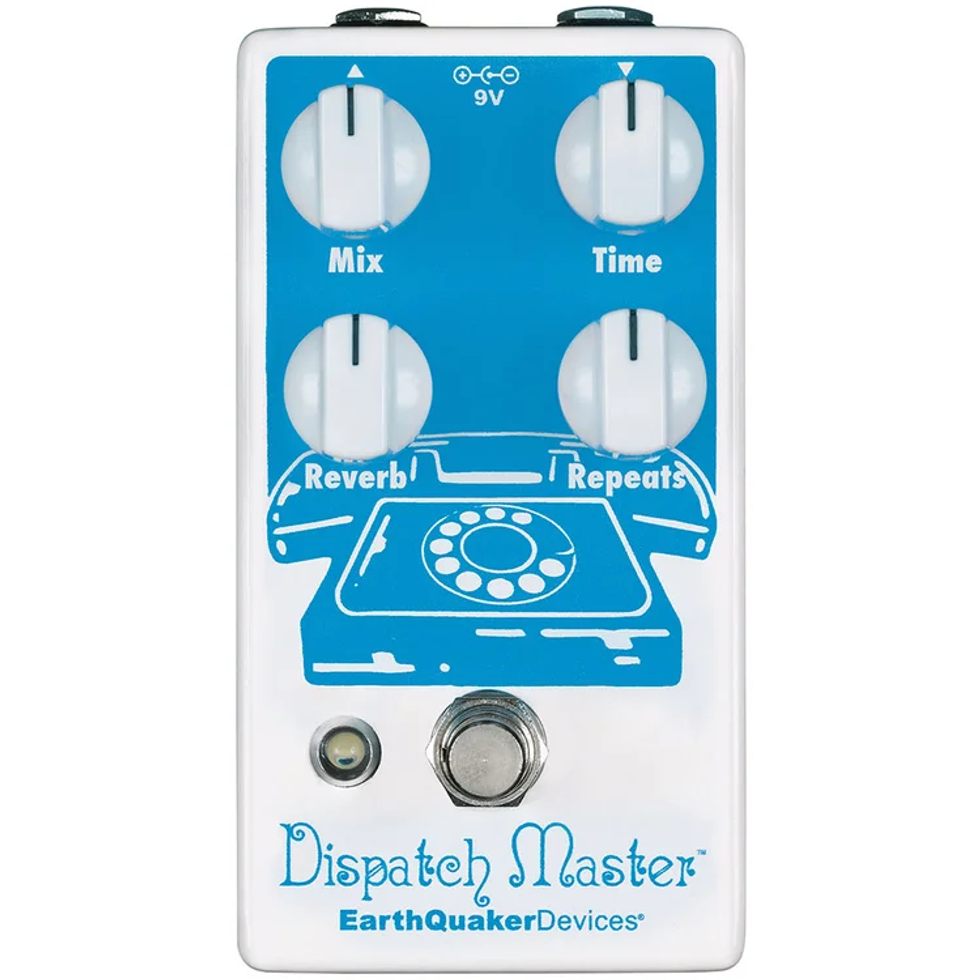
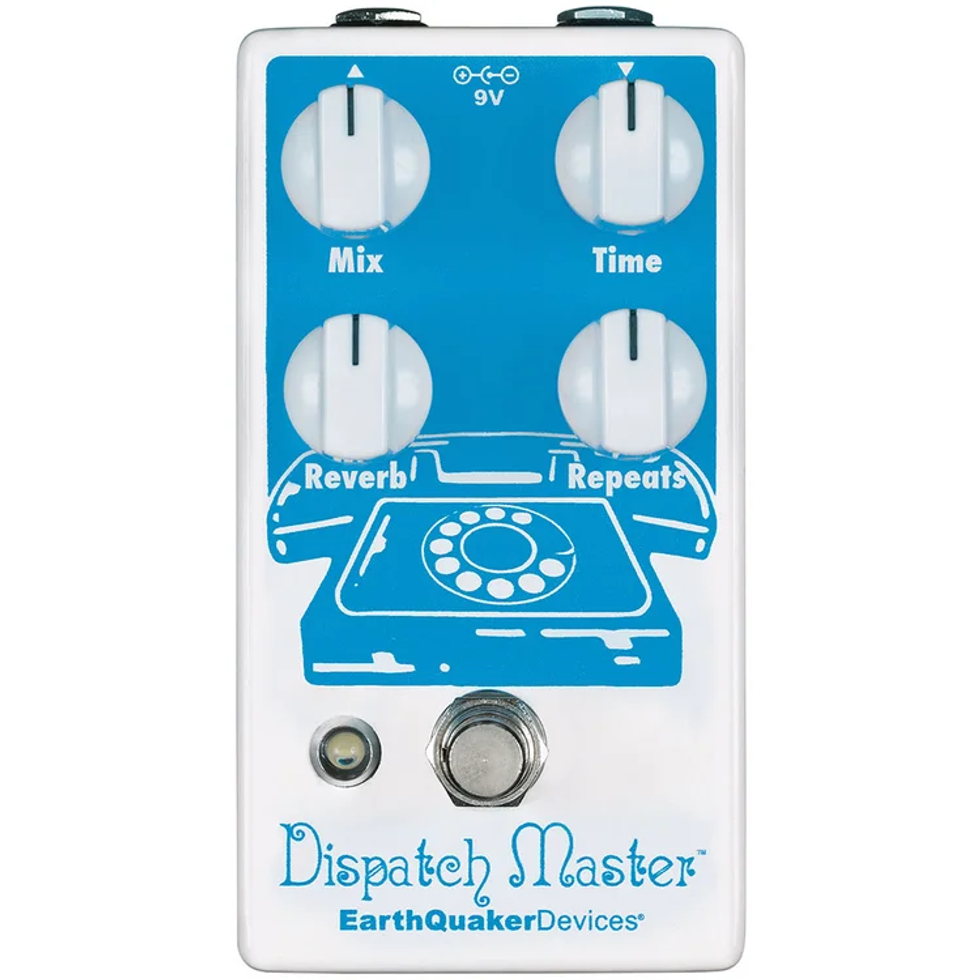
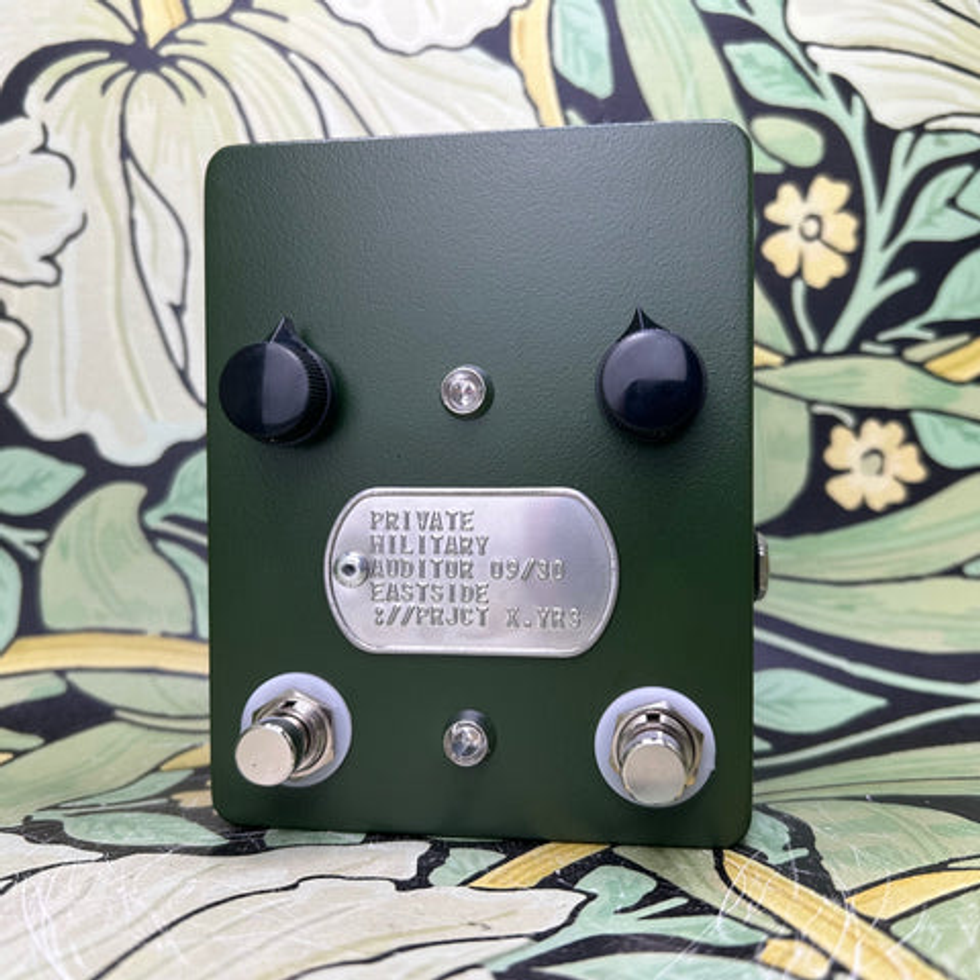
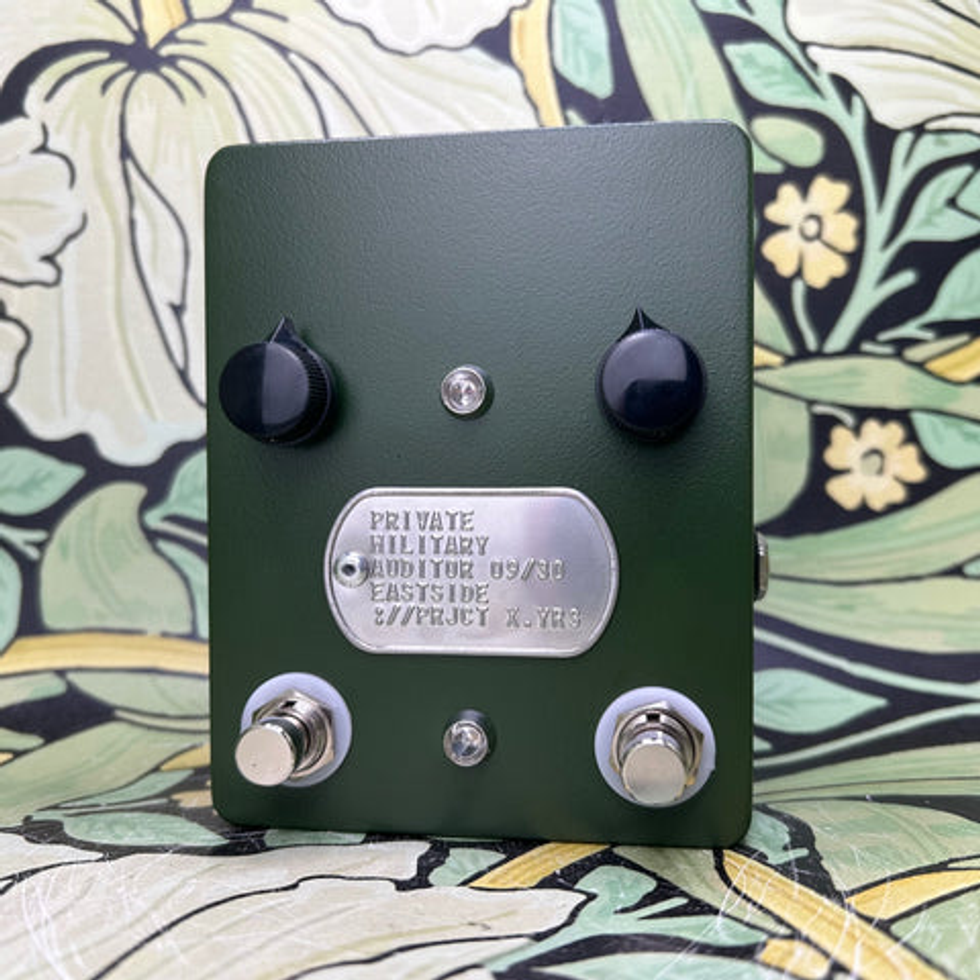
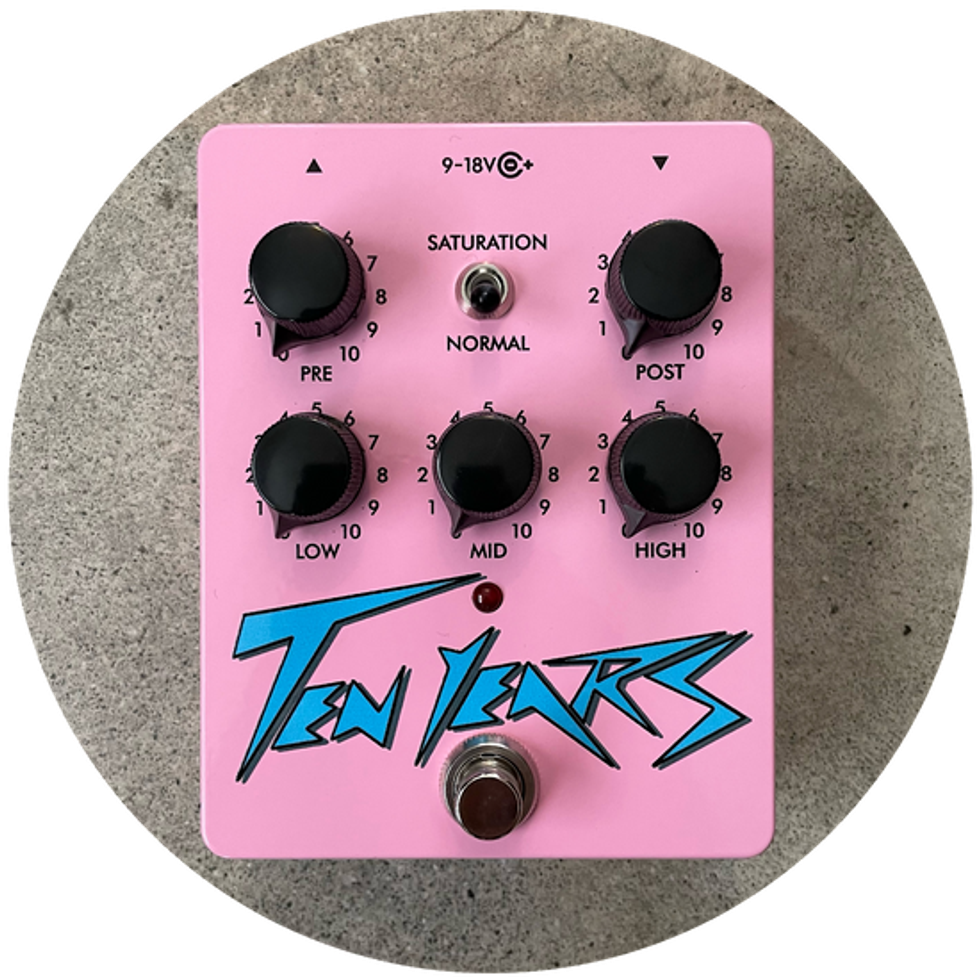
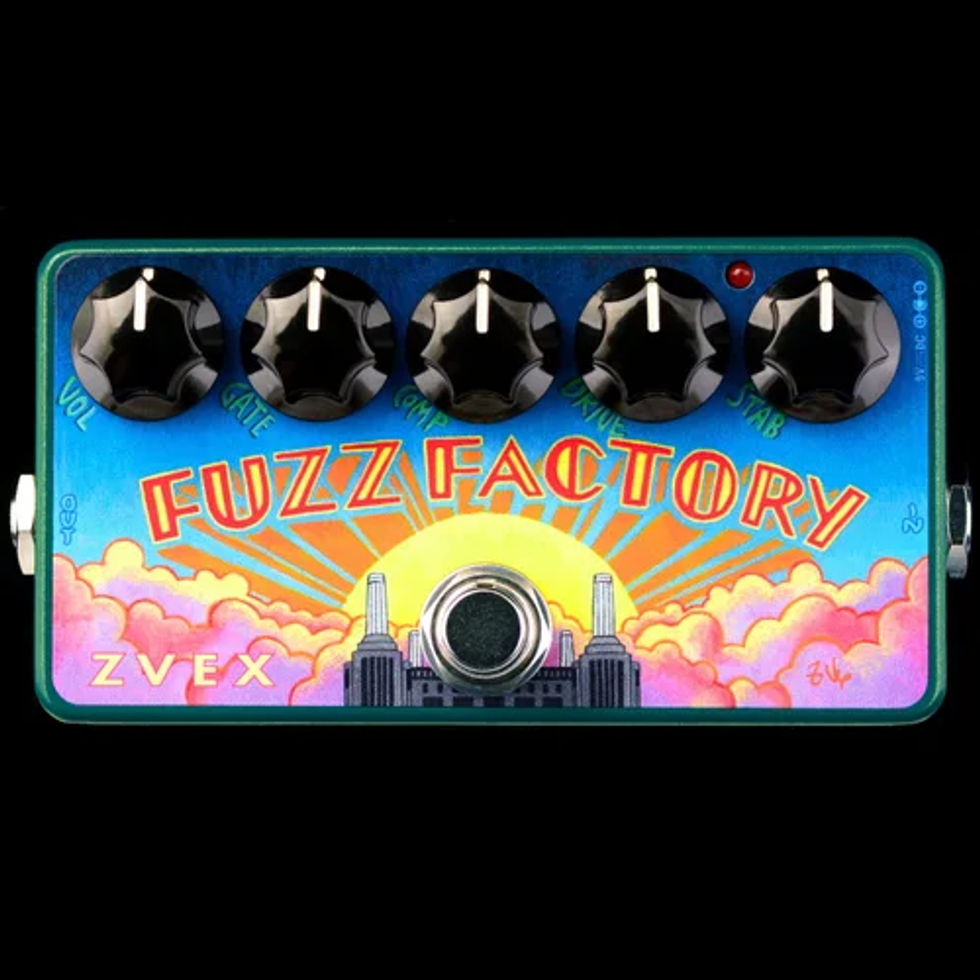
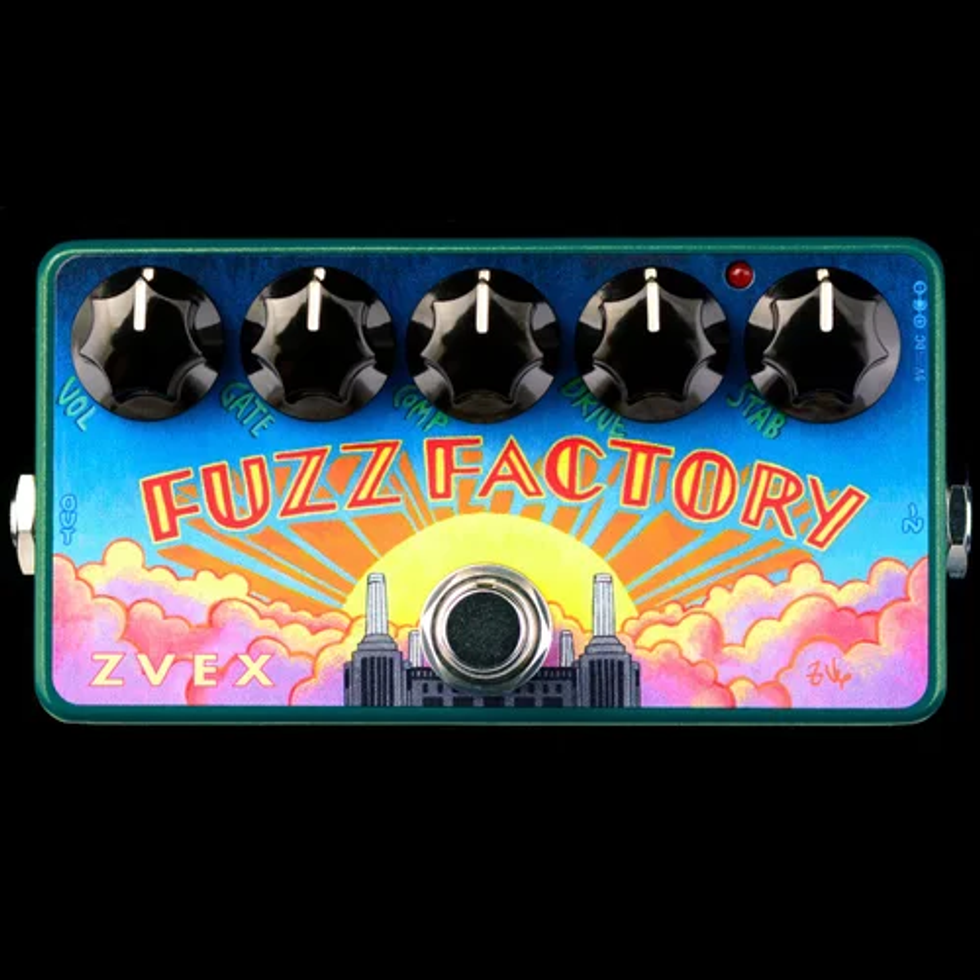
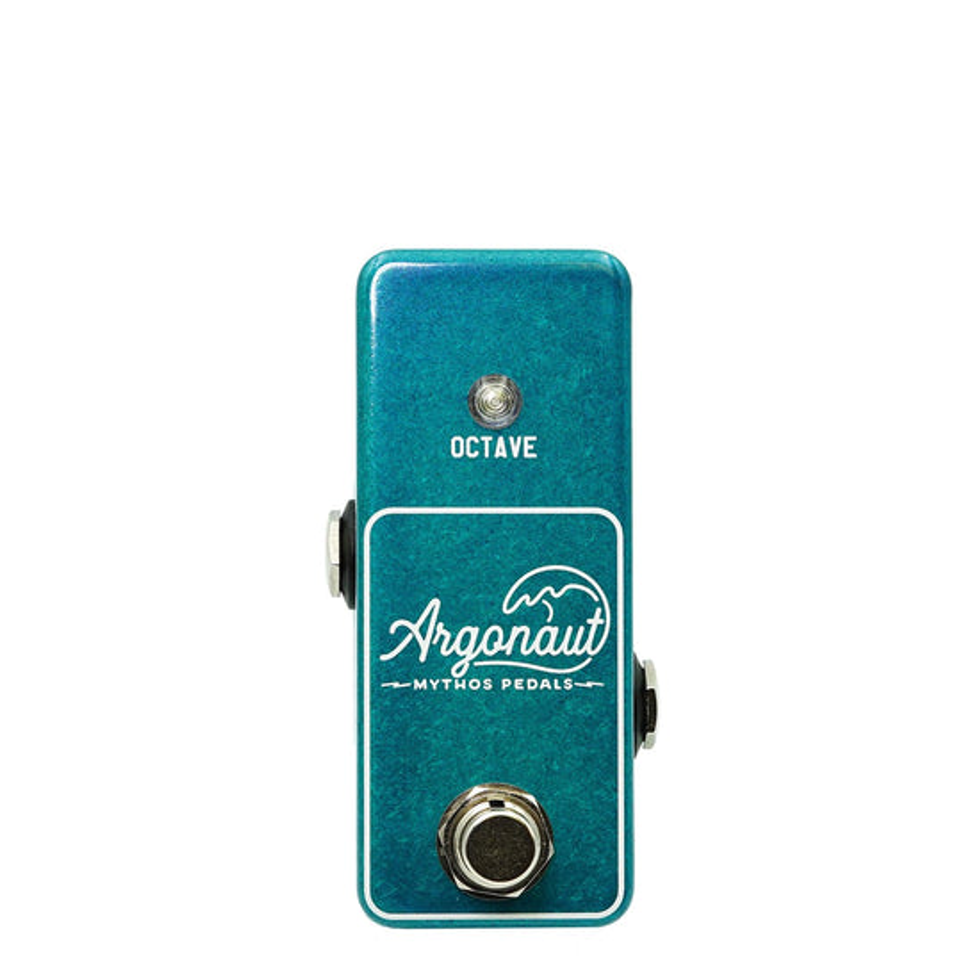
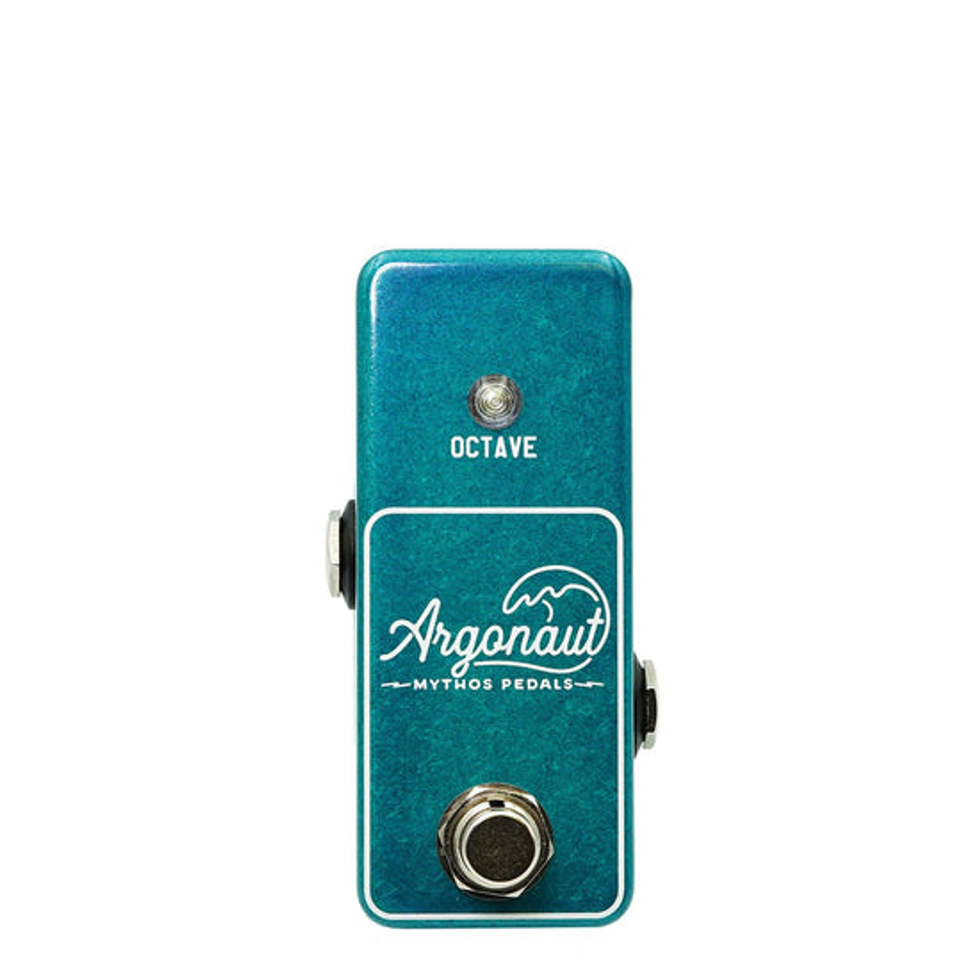
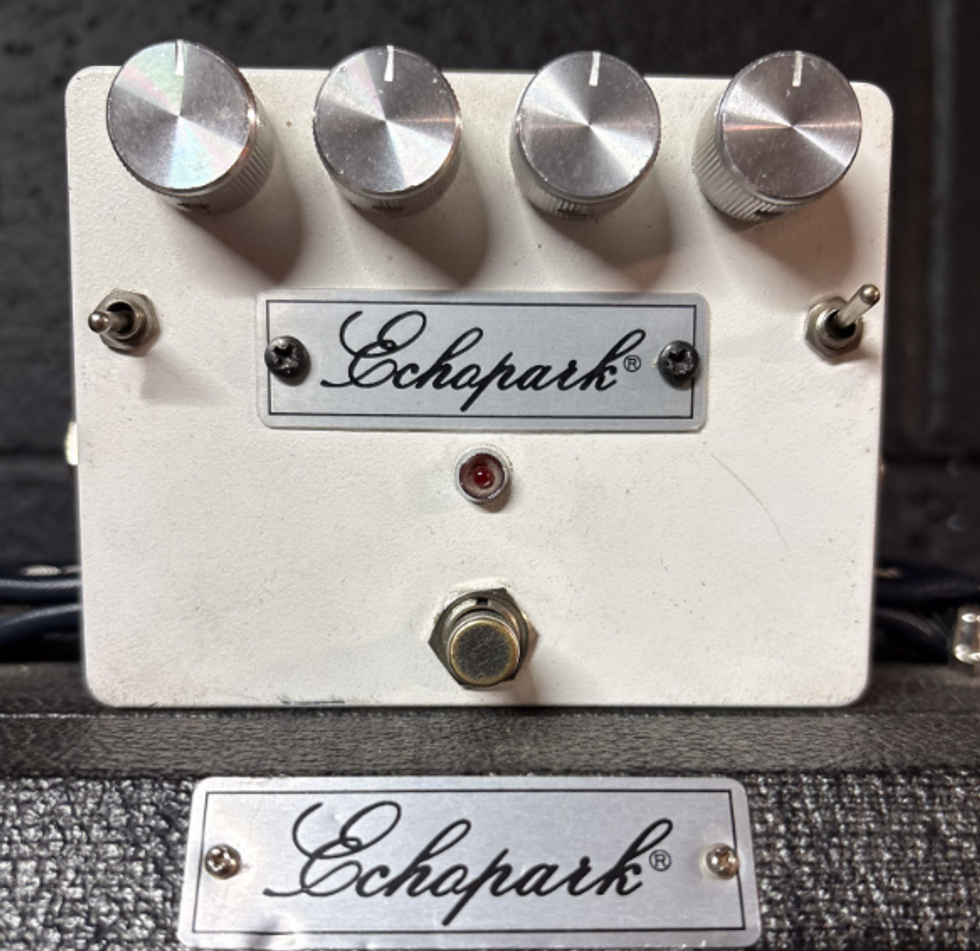
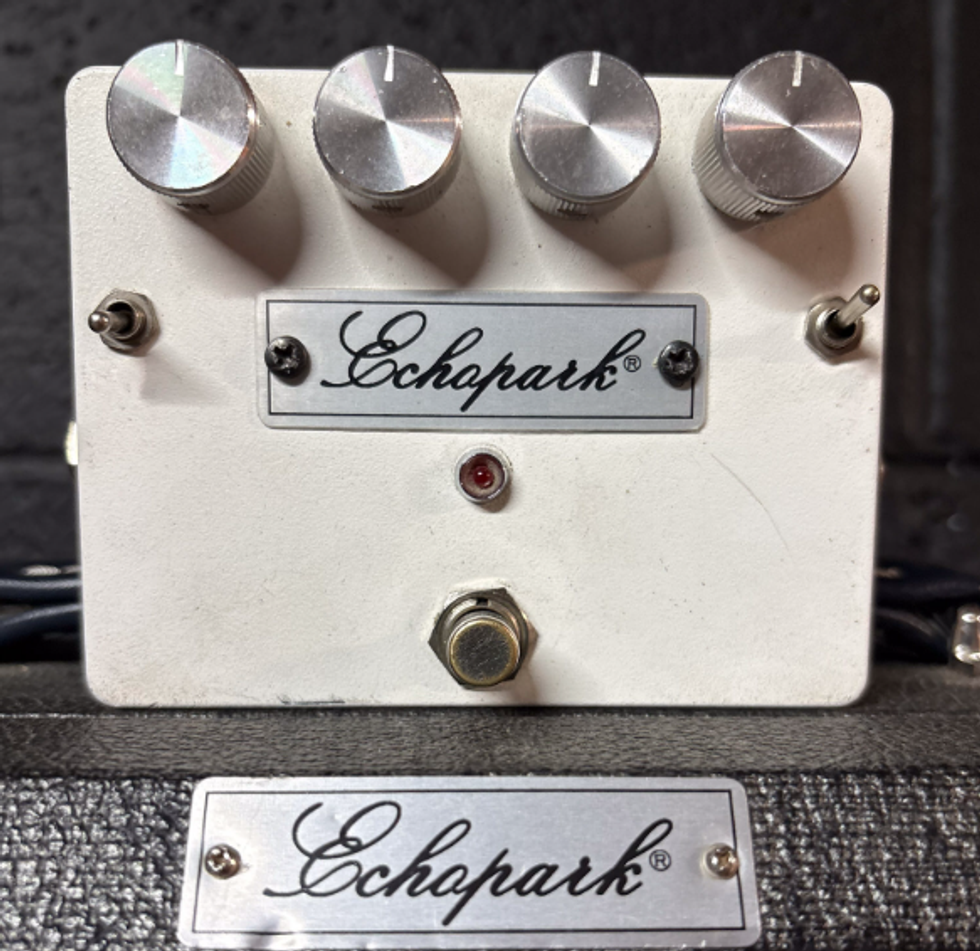
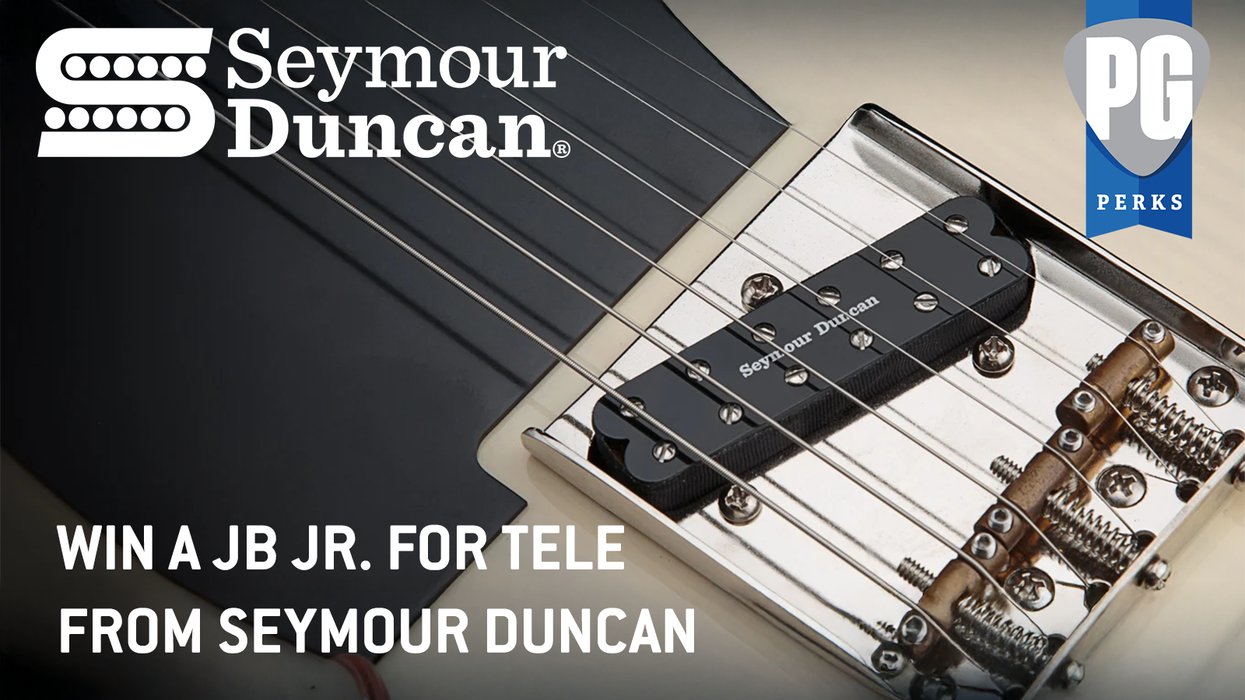
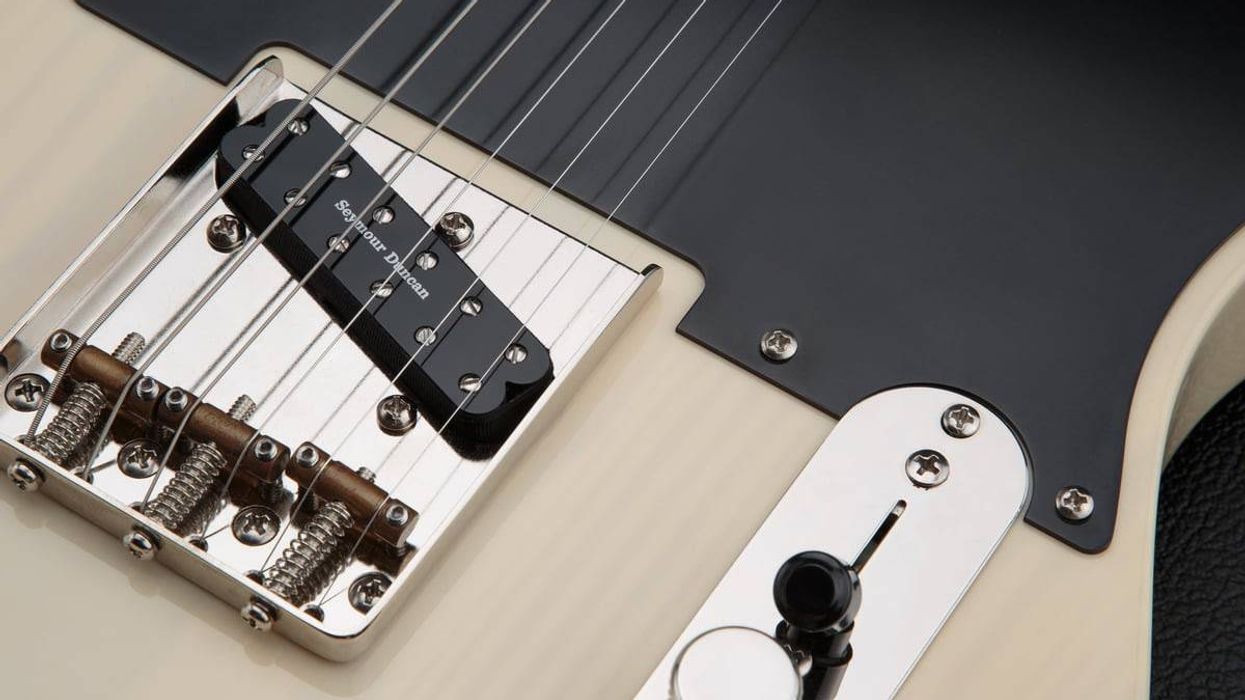
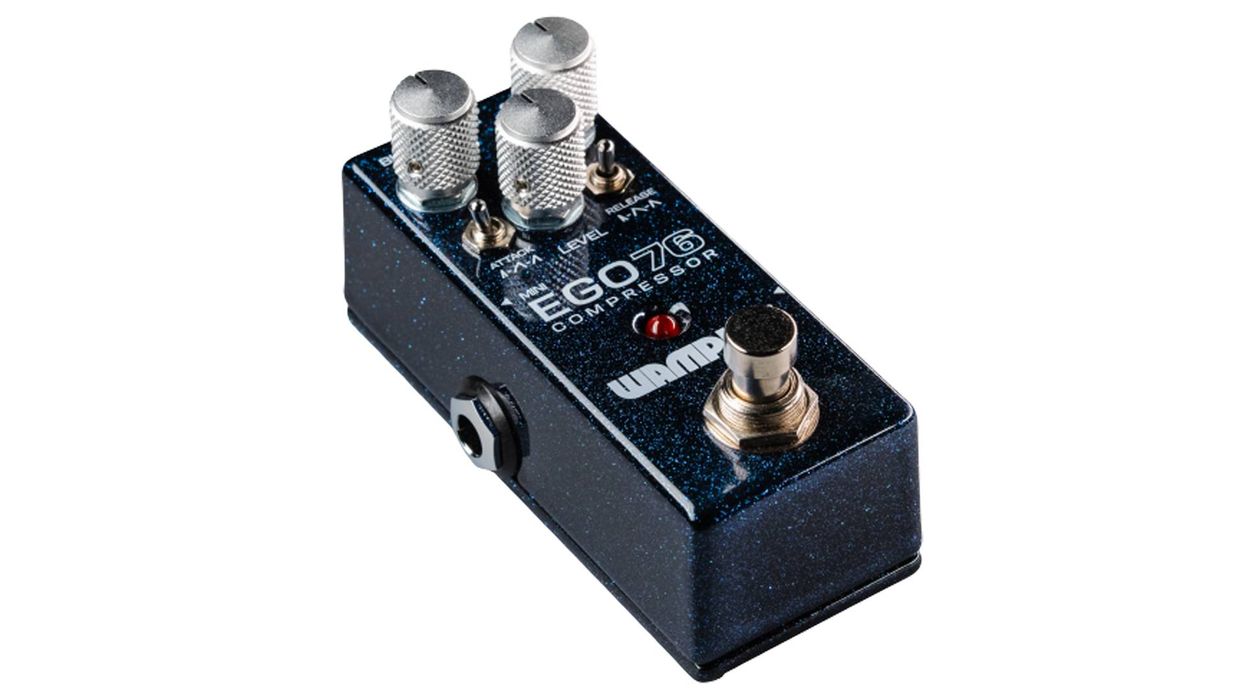











 Zach loves his Sovtek Mig 60 head, which he plays through a cab he built himself at a pipe-organ shop in Denver. Every glue joint is lined with thin leather for maximum air tightness, and it’s stocked with Celestion G12M Greenback speakers.
Zach loves his Sovtek Mig 60 head, which he plays through a cab he built himself at a pipe-organ shop in Denver. Every glue joint is lined with thin leather for maximum air tightness, and it’s stocked with Celestion G12M Greenback speakers.







![Devon Eisenbarger [Katy Perry] Rig Rundown](https://www.premierguitar.com/media-library/youtube.jpg?id=61774583&width=1245&height=700&quality=70&coordinates=0%2C0%2C0%2C0)
